Once upon a time, in the verdant valleys of the ancient kingdom of Dharampura, ruled the wise and proud King Rudra Pratap. A sovereign feared for his valor yet admired for his just hand, he had two daughters: the gentle Princess Iravati, the elder, and the charming but calculative Princess Kshirja, the younger.
As the sun painted golden strokes over the palace gardens one morning, Rudra Pratap gathered his daughters beneath the Royal Banyan and asked a question that, unbeknownst to them, would alter their lives forever.
“Tell me, my children,” he said, “to whom do you credit all the happiness in your lives?”
Princess Kshirja fluttered her fan, smiled sweetly, and replied, “To you, my dearest father. You are the sun that warms our lives.”
King Rudra Pratap beamed.
Then came Iravati’s turn. With humility and calm, she said, “Father, I thank God and my destiny. Everything I have is a blessing written by fate.”
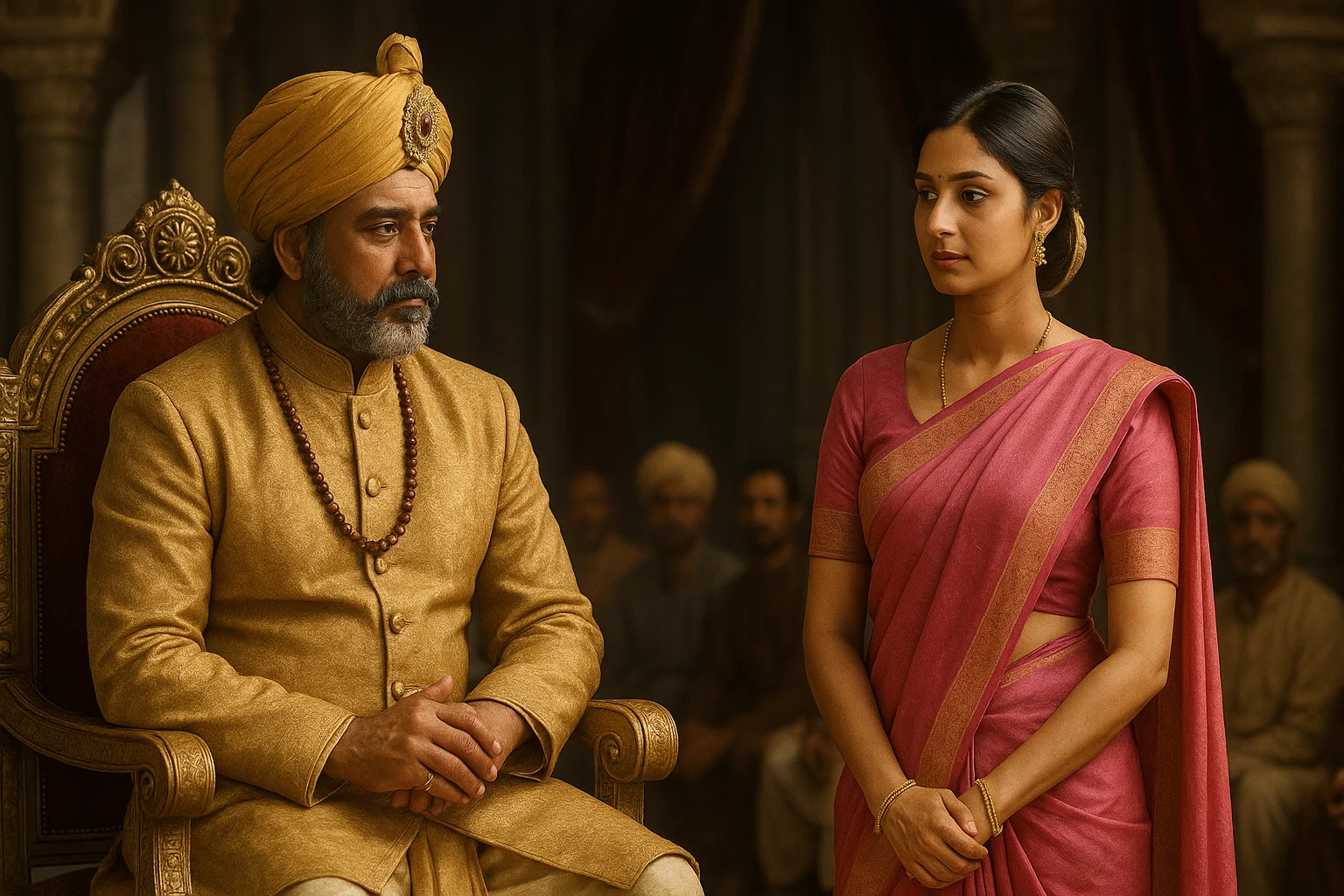
A silence fell. The King’s brows furrowed. His pride was bruised, not by disrespect, but by the notion that his influence could be second to something so abstract as destiny.
That night, in a rage fueled more by ego than logic, Rudra Pratap made a decree: Princess Iravati would be married to the poorest man in the kingdom — a humble shepherd named Ram, while Kshirja would be married into the wealthiest merchant family in Bharatvarsha.
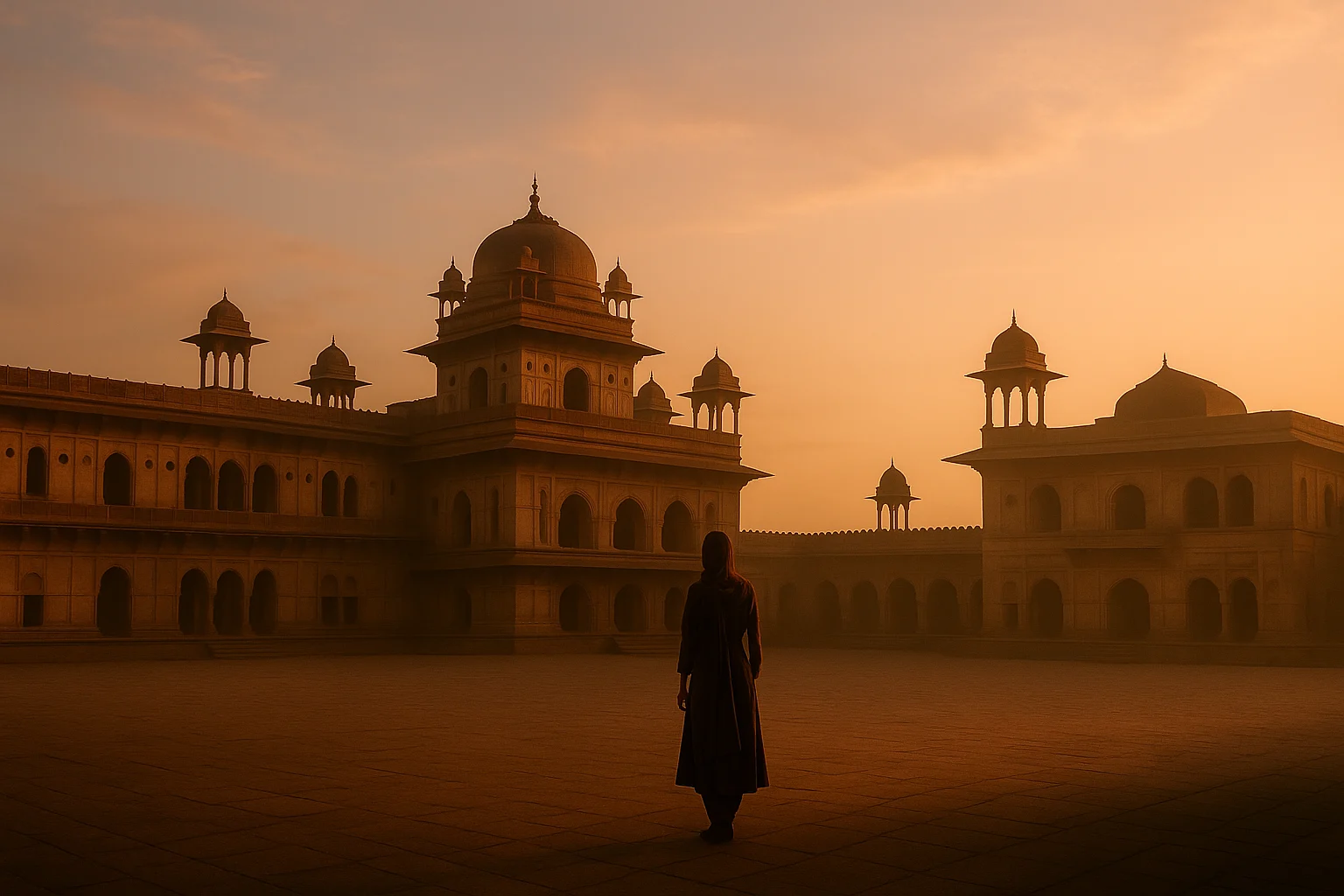
Act I: The Split Paths
Lavish was the wedding of Kshirja — gold-laden elephants paraded down cobbled streets, and jeweled anklets chimed with every step. Iravati, however, was quietly wedded under a tree in the forest, Ram offering a garland made of wildflowers, his only treasure being his sincere heart.
Years passed. The Kingdom flourished… until it didn’t.
War with the neighboring King Nurottam saw Rudra Pratap dethroned, his lands pillaged, his wealth gone like dust in the wind. With nothing but a tattered shawl and regrets heavier than armor, he remembered his daughter Kshirja, whose wedding gifts alone could sustain a small nation.
He made his way to her manor — now guarded by stoic soldiers and stone-hearted servants.
Upon seeing him, Kshirja wrinkled her nose.
“You? Here? You shouldn’t have come like this. What if my in-laws see? You’ve lost everything. Please leave. From the back door.”
No gold. No compassion. Only shame, and the sound of a back gate creaking shut behind a broken man.
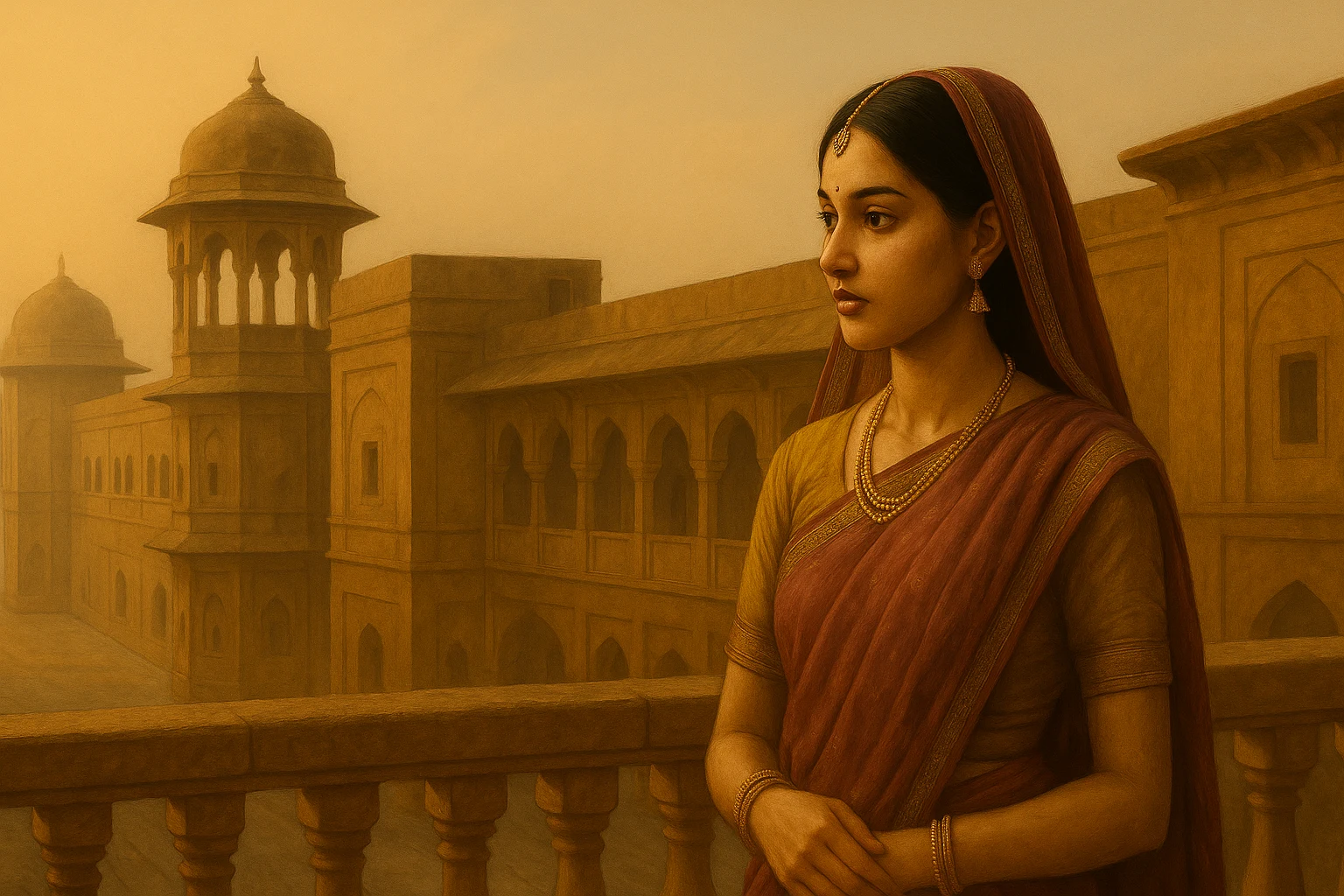
Act II: The Path of Humility
With no kingdom to return to and his ego thoroughly crushed, Rudra Pratap remembered Iravati — the daughter he’d exiled to a life of hardship.
Expecting to find her in a mud hut or grazing goats, he journeyed through forests and valleys, until he stumbled upon a sight that stole his breath: a sprawling estate nestled between hills, lush gardens tended by smiling villagers, and in the center, a modest yet majestic home — Iravati’s home.
What sorcery was this?
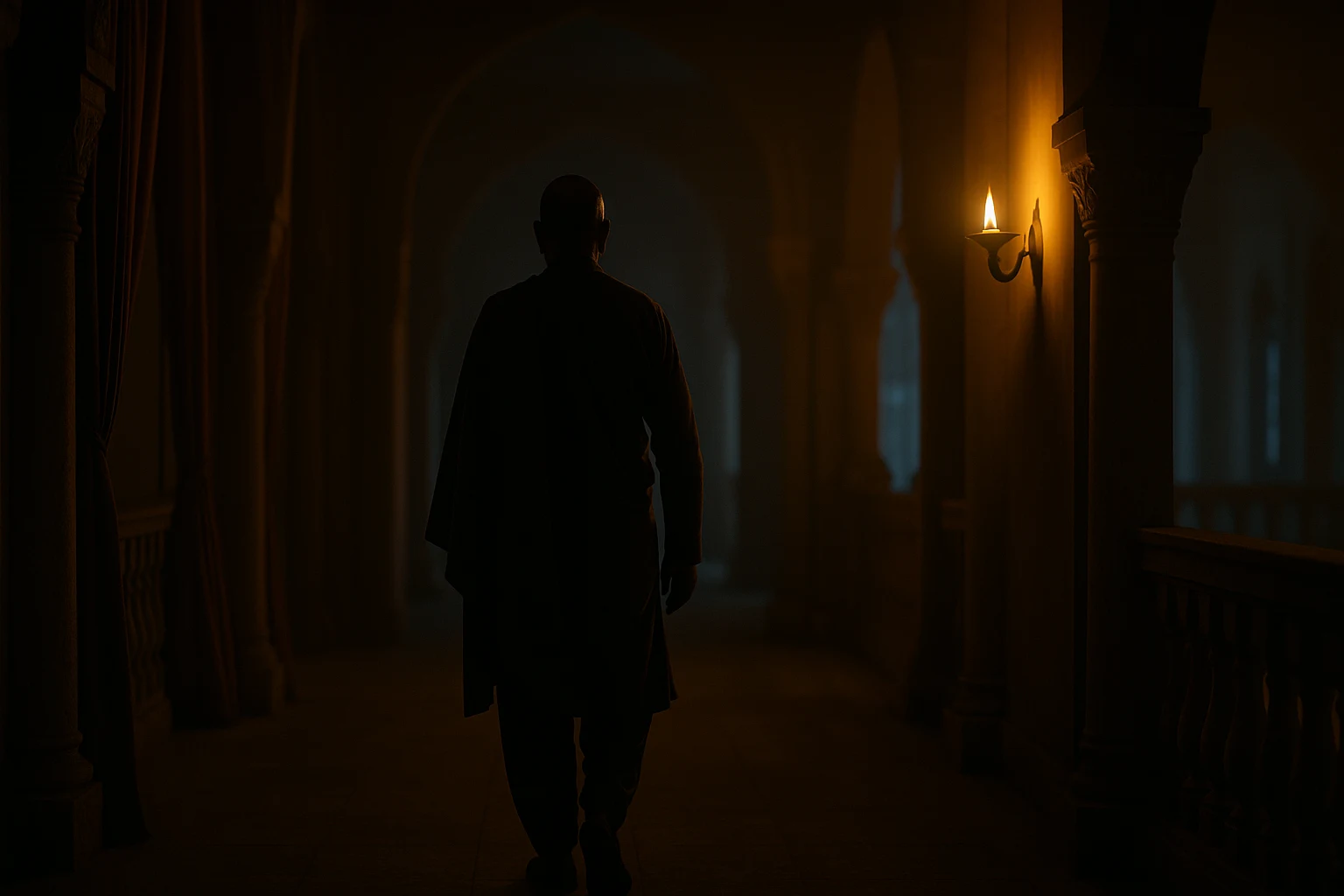
Act III: The Treasure of the Heart
It so happened that one day while grazing sheep near an ancient banyan tree, Ram stumbled upon a hollowed trunk. Curiosity turned into awe as he discovered a chest filled with centuries-old royal treasure, long forgotten by time. Coins, jewels, and scrolls glistened like stars in the dark.
Ram, ever humble, considered hiding it back. But Iravati, wise with royal teachings, saw destiny’s hand at play. They used the treasure not to splurge, but to build — a home, a school, a hospital for villagers. Iravati became not just Ram’s wife, but a queen of hearts.
Act IV: The Reunion
As Rudra Pratap stepped inside Iravati’s home, he expected disdain. Instead, he was met with tears and joy.
“Father!” Iravati exclaimed, embracing him. “You’ve come! I’ve missed you every day.”
No blame. No questions. Only warmth.
Rudra Pratap, exhausted, was laid to rest on a silk-draped bed. Servants fluttered about, preparing dishes, drawing baths, and treating him not as a beggar, but as royalty.
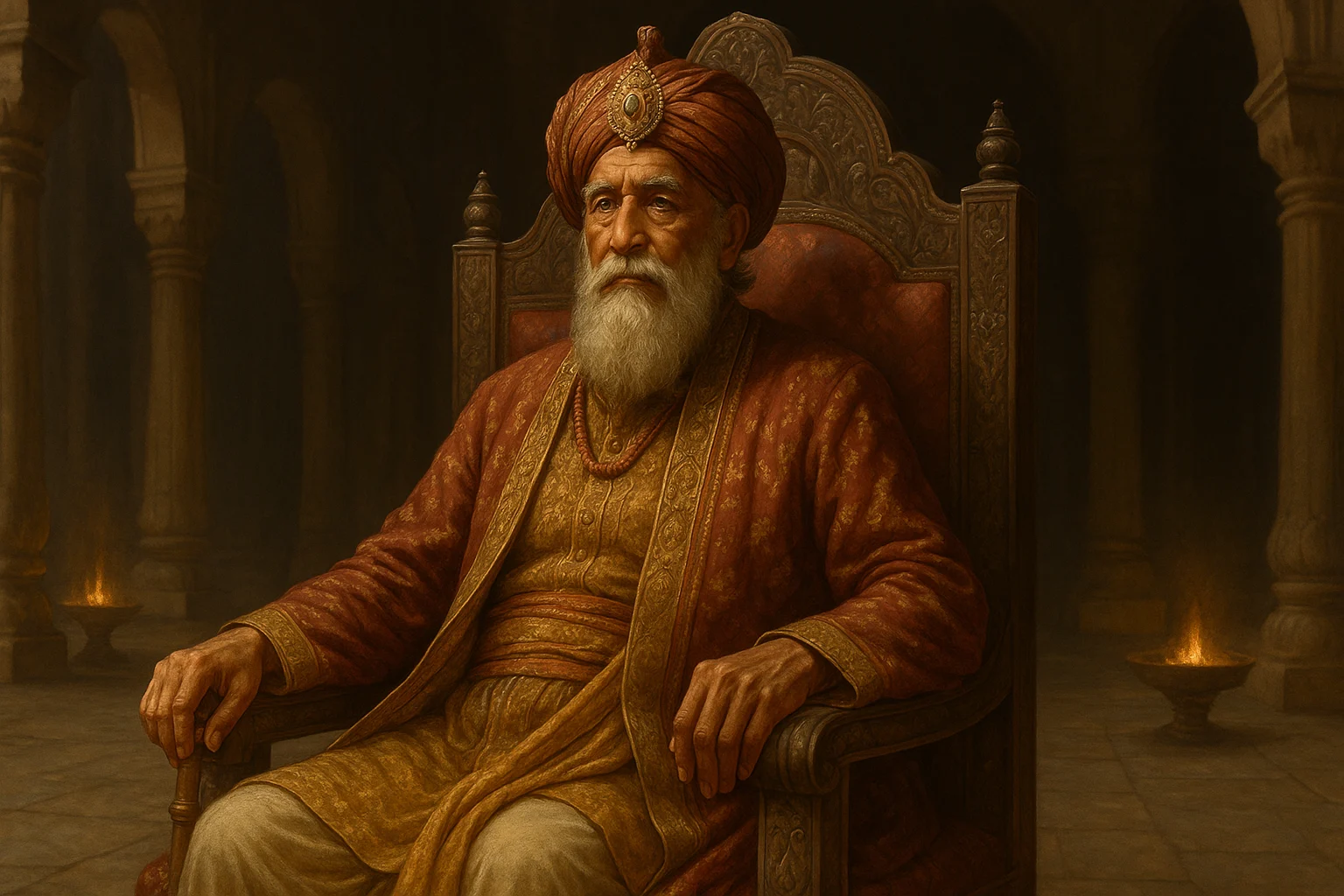
Epilogue: The King’s Reflection
That night, as monsoon winds kissed the windows and lamps glowed softly, Rudra Pratap stared at the ceiling, pondering the ironies of life.
He had given everything to Kshirja — gold, status, prestige. Yet she cast him aside like a dusty slipper.
To Iravati, he had given nothing but hardship. Yet she opened her heart and home without hesitation.
He smiled through his tears.
“Maybe… she always had everything. Maybe I had everything because of her destiny.”
Moral of the Story
True richness lies not in gold or heritage, but in character, humility, and the unseen blessings of destiny.
Receive Stories and Articles in your Inbox!
We won’t send any promotional or spam emails.
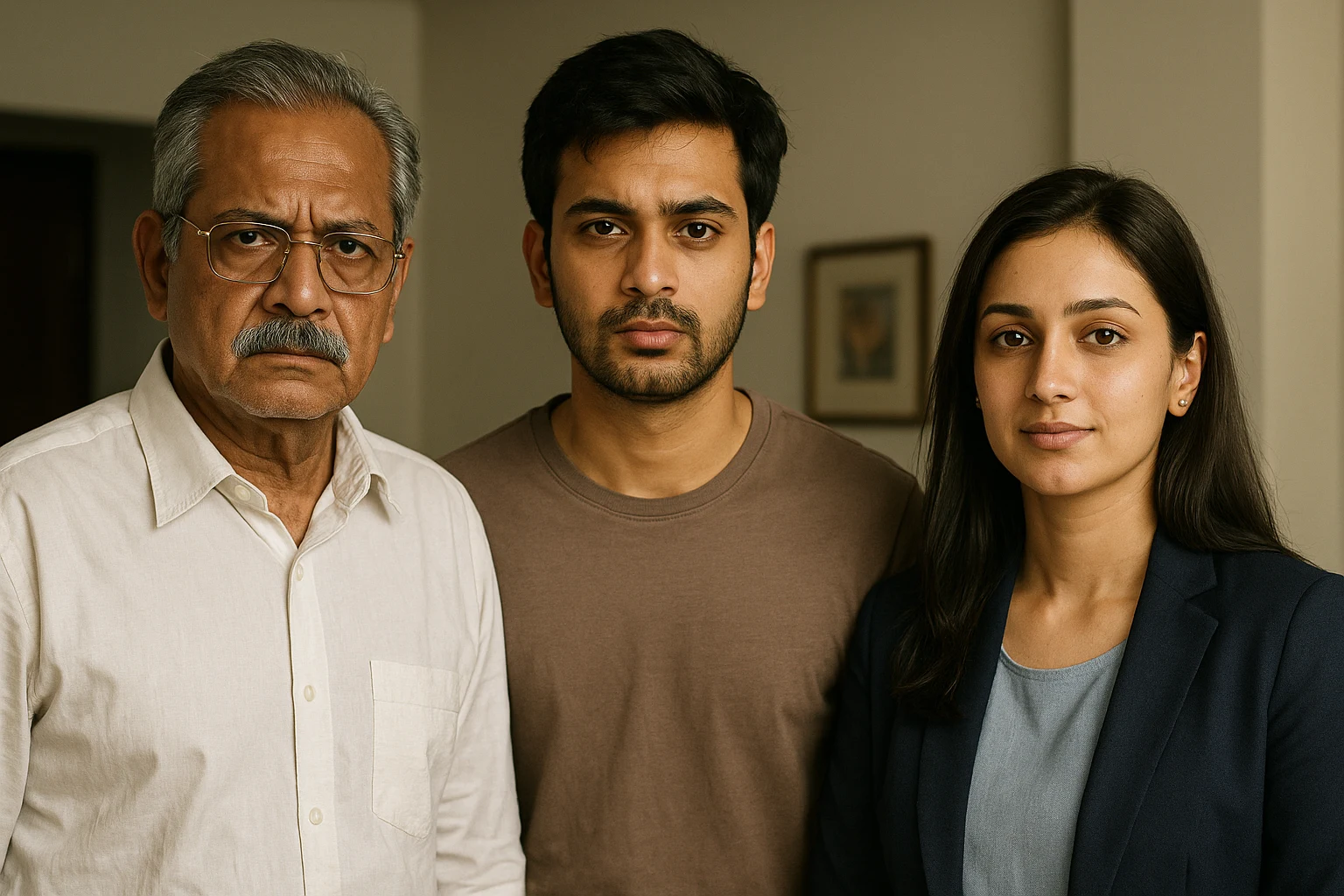

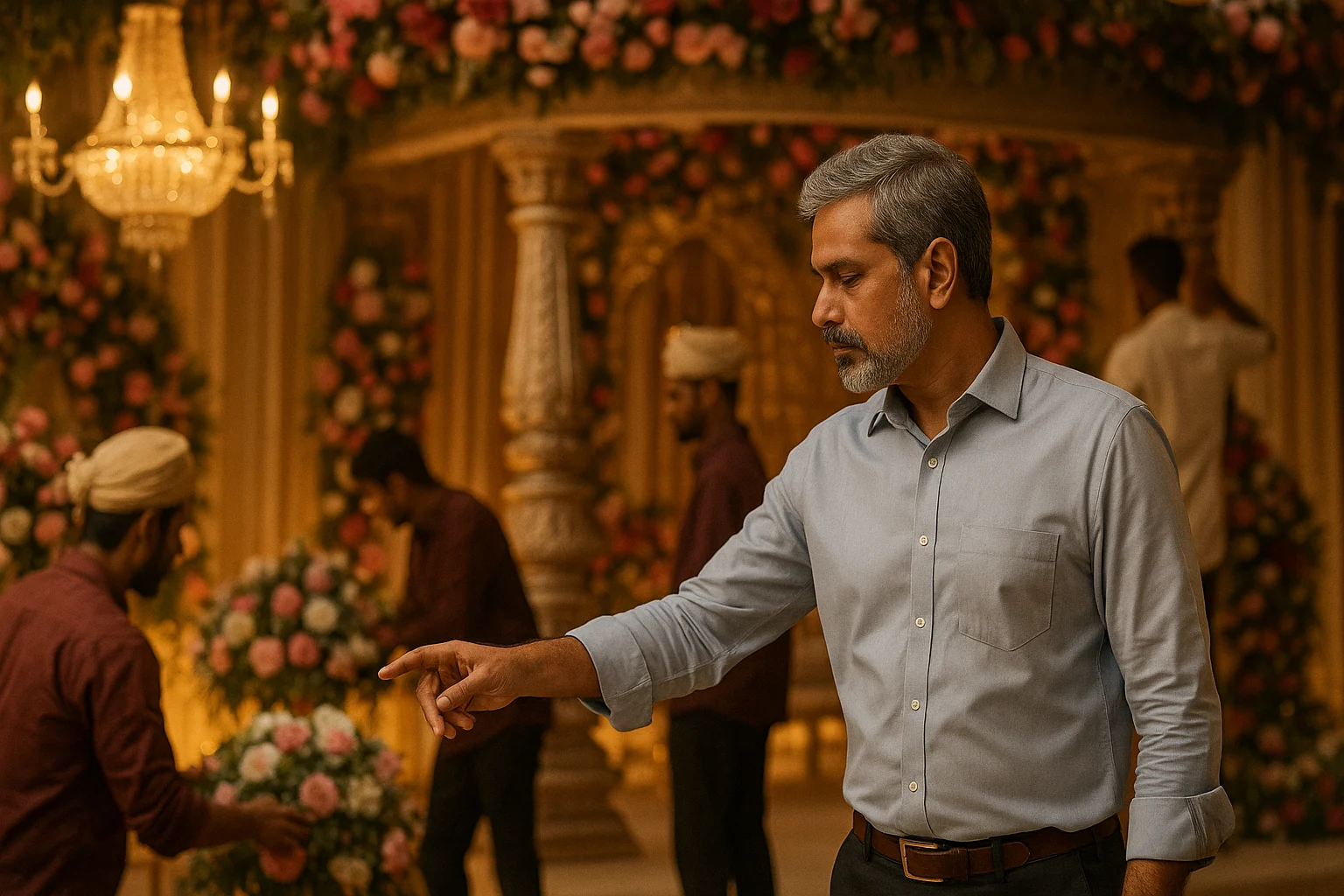
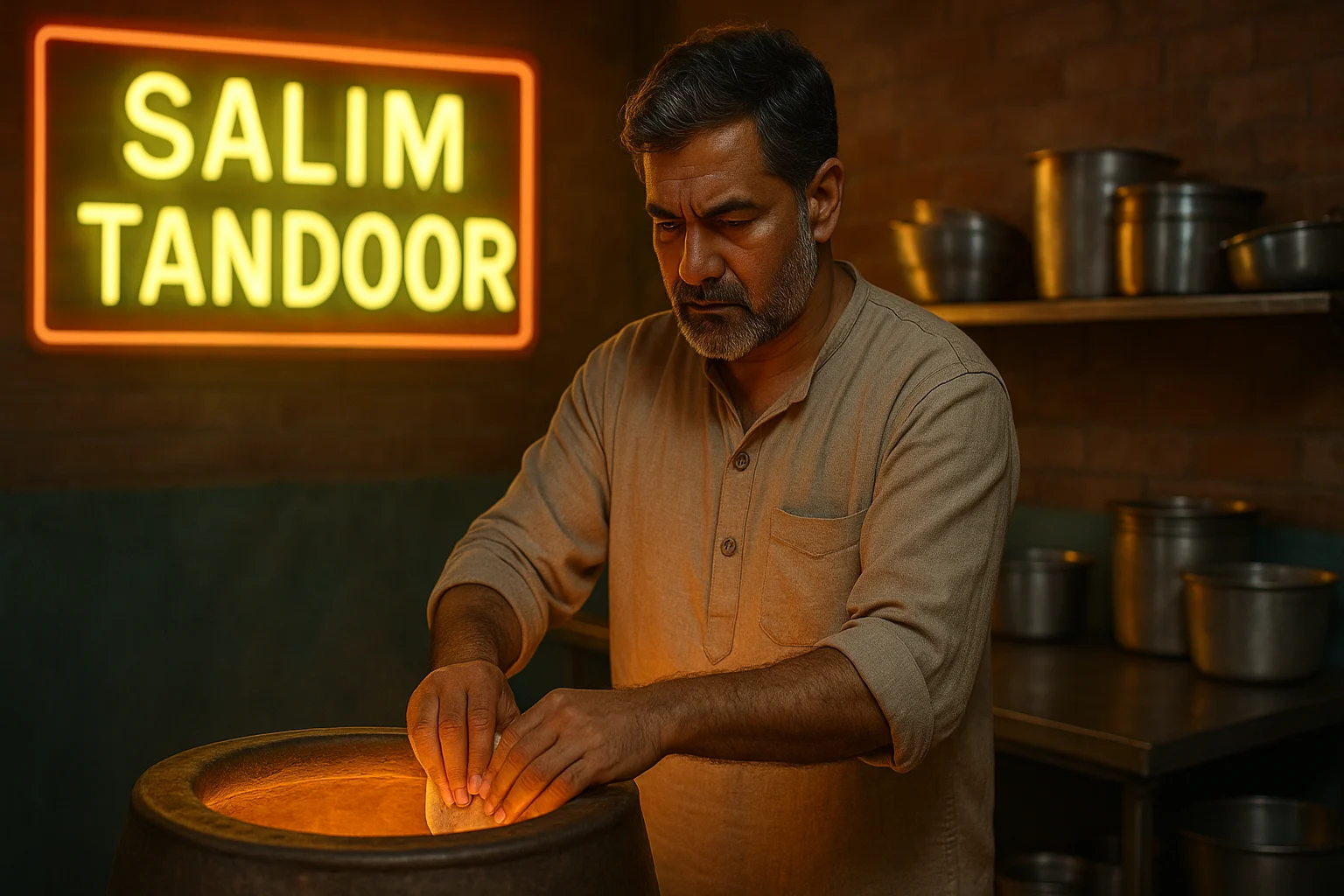
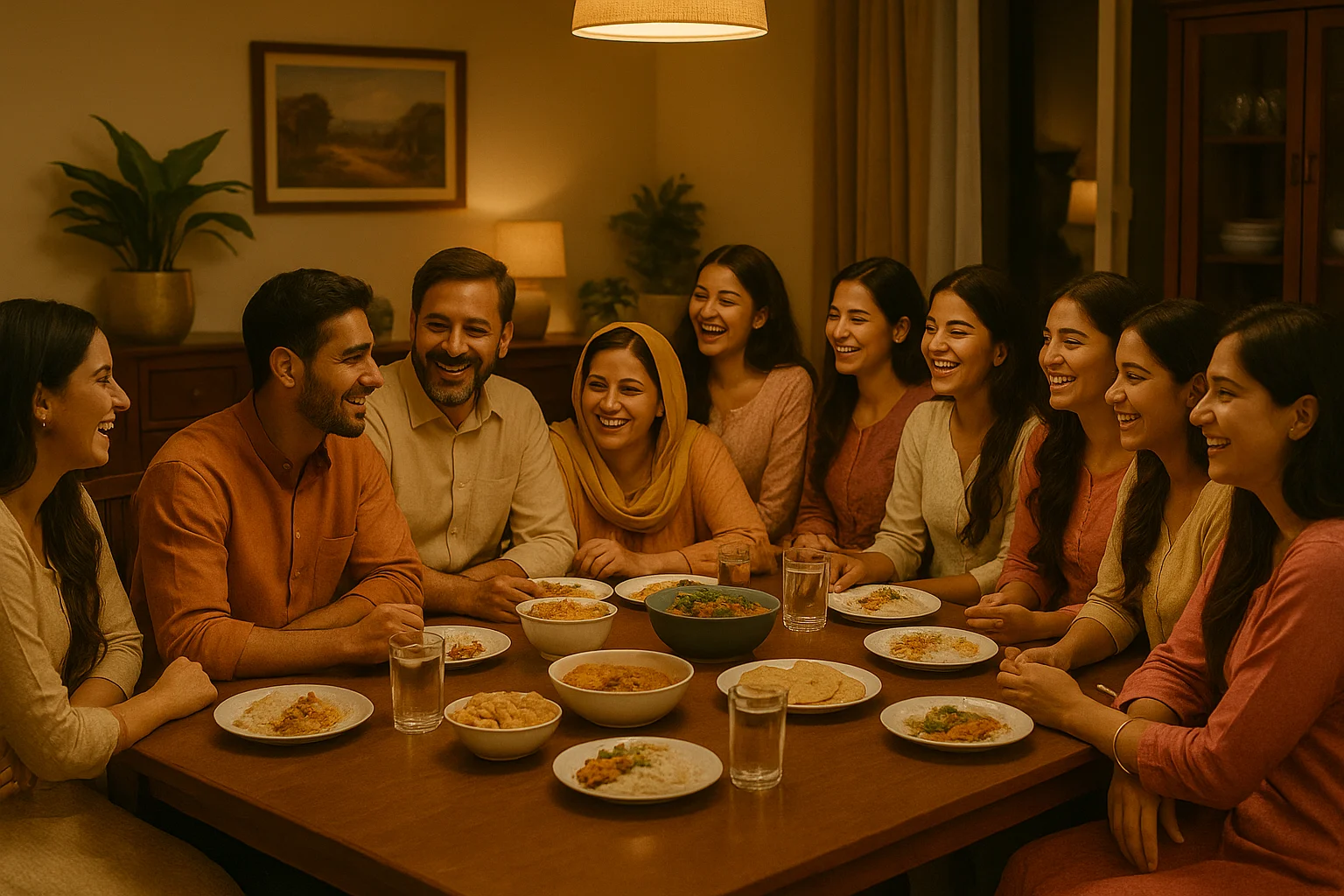
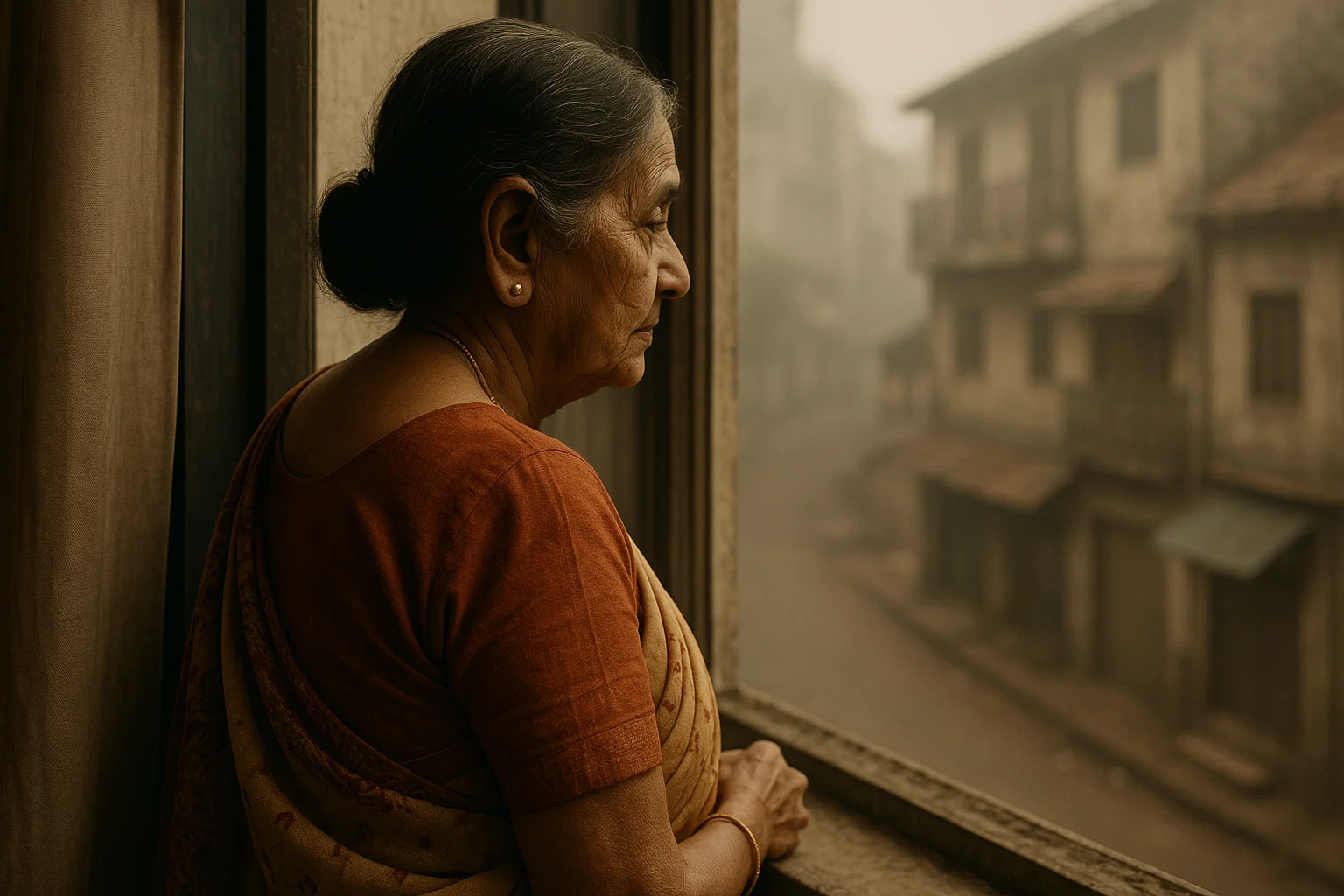
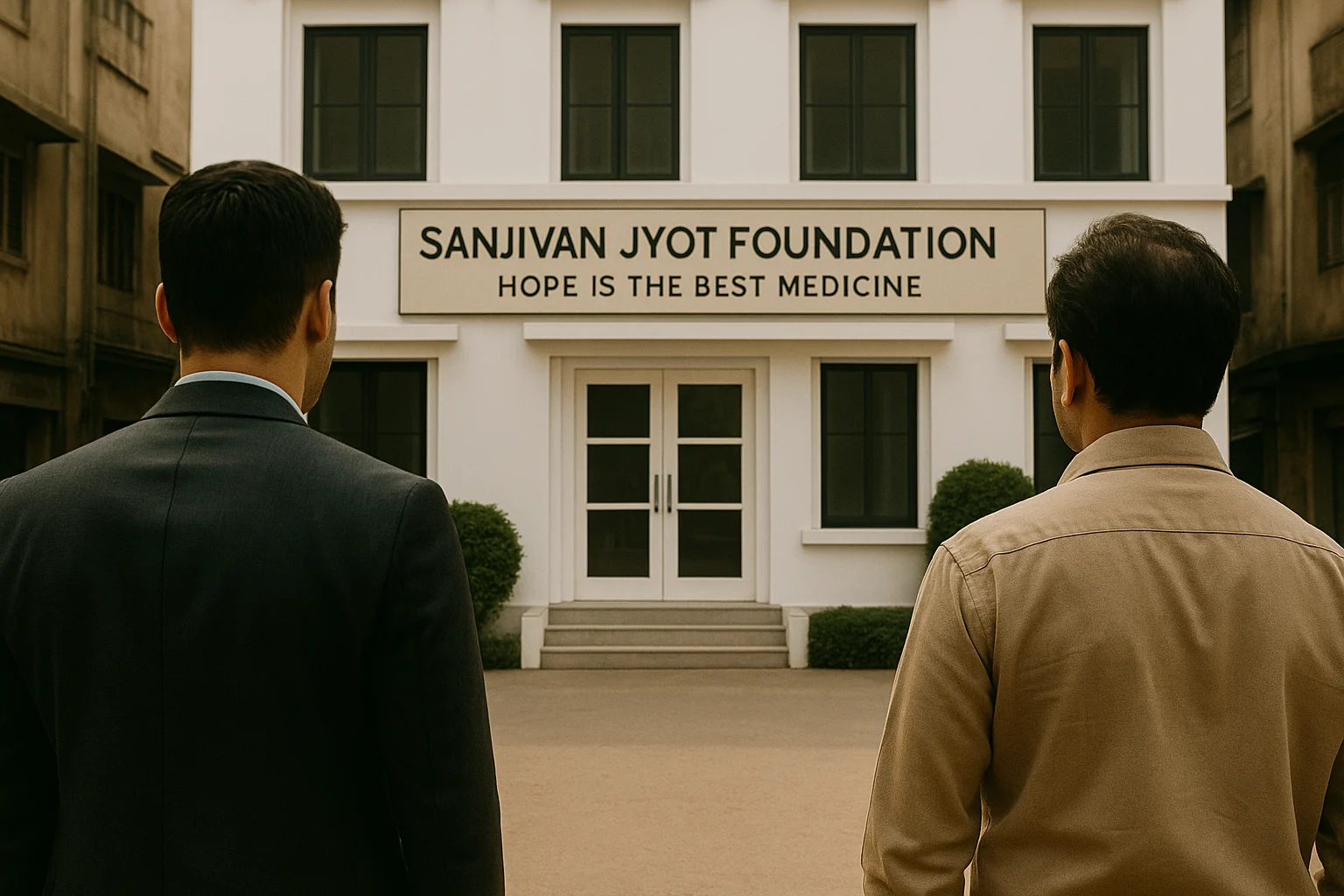
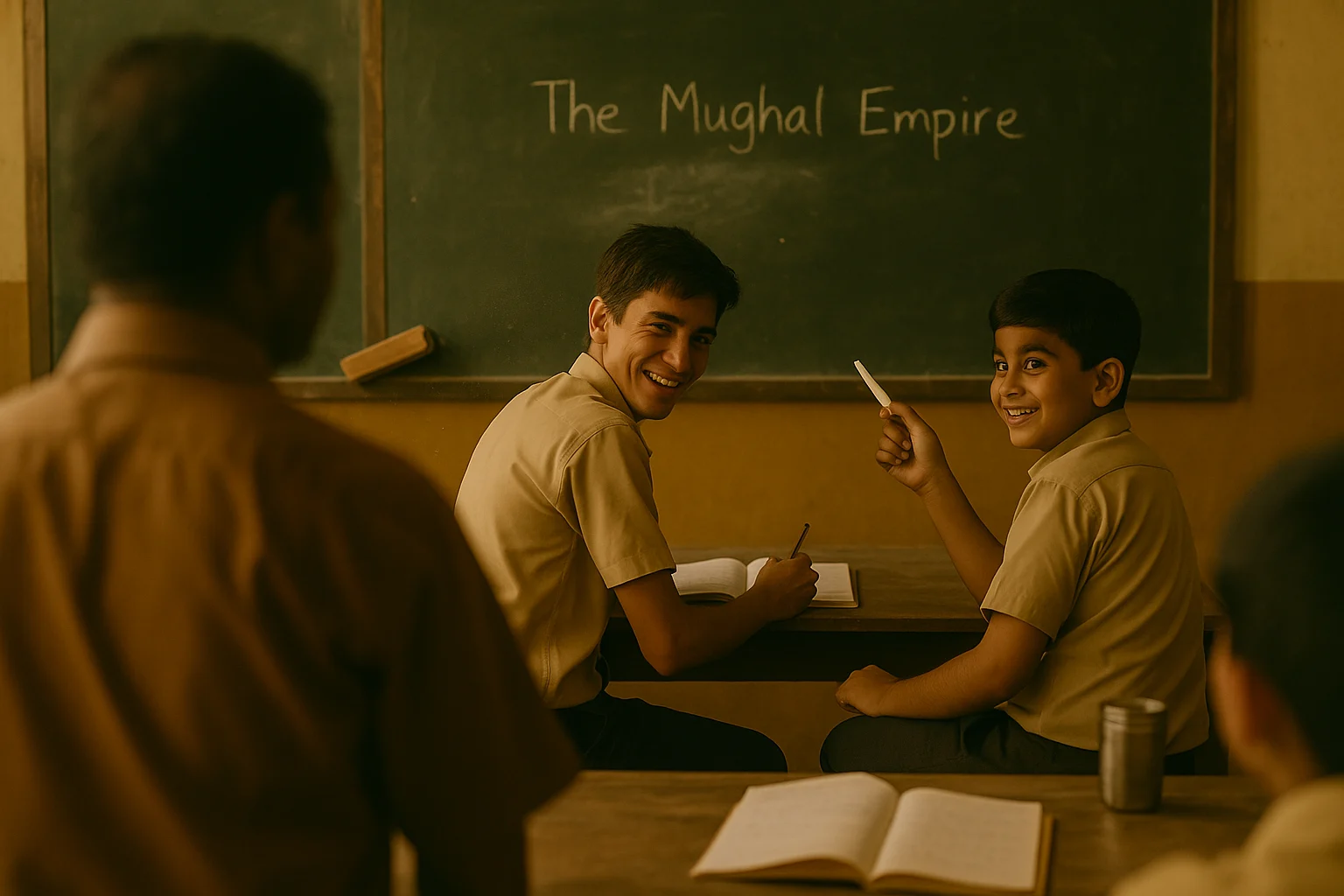

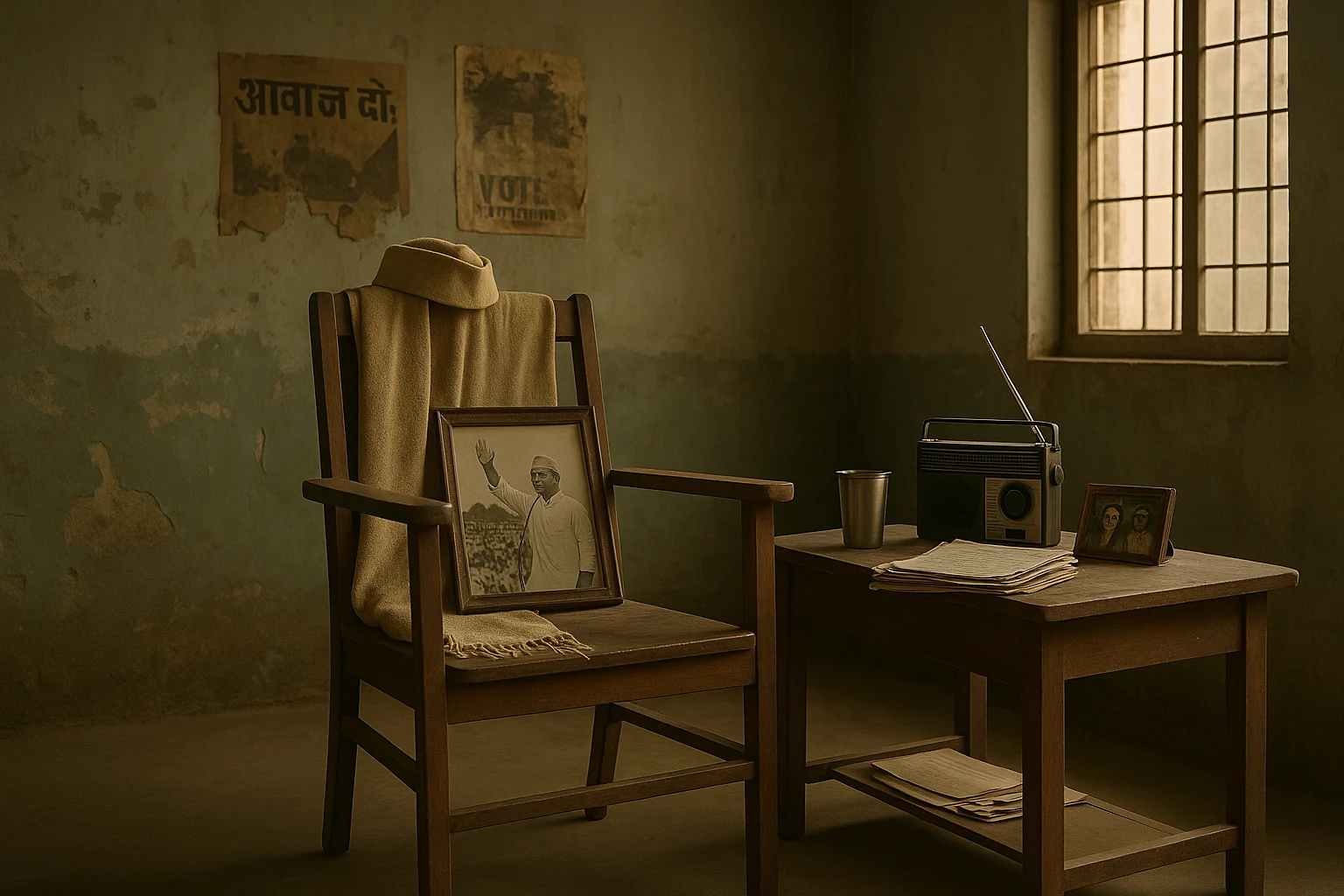


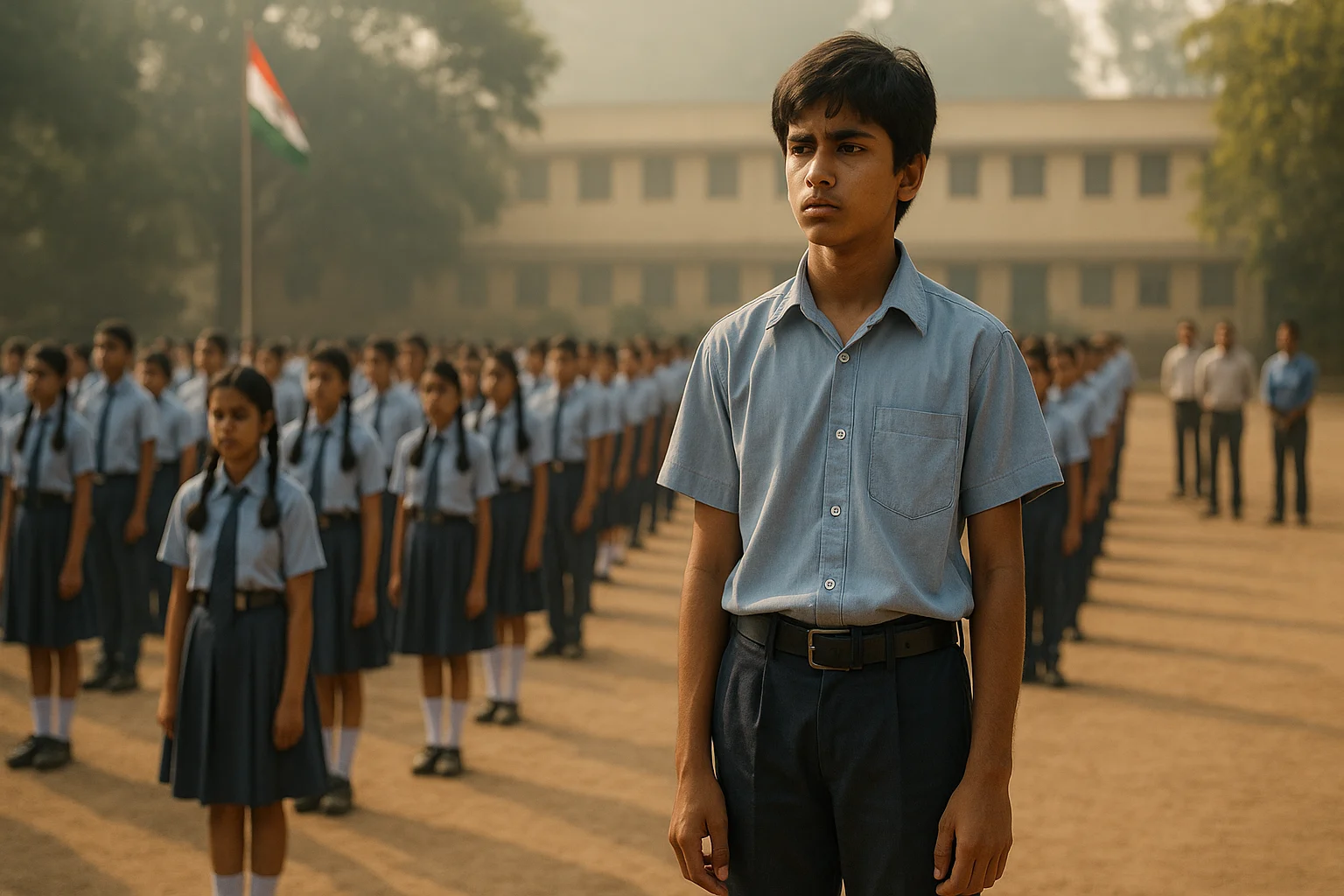
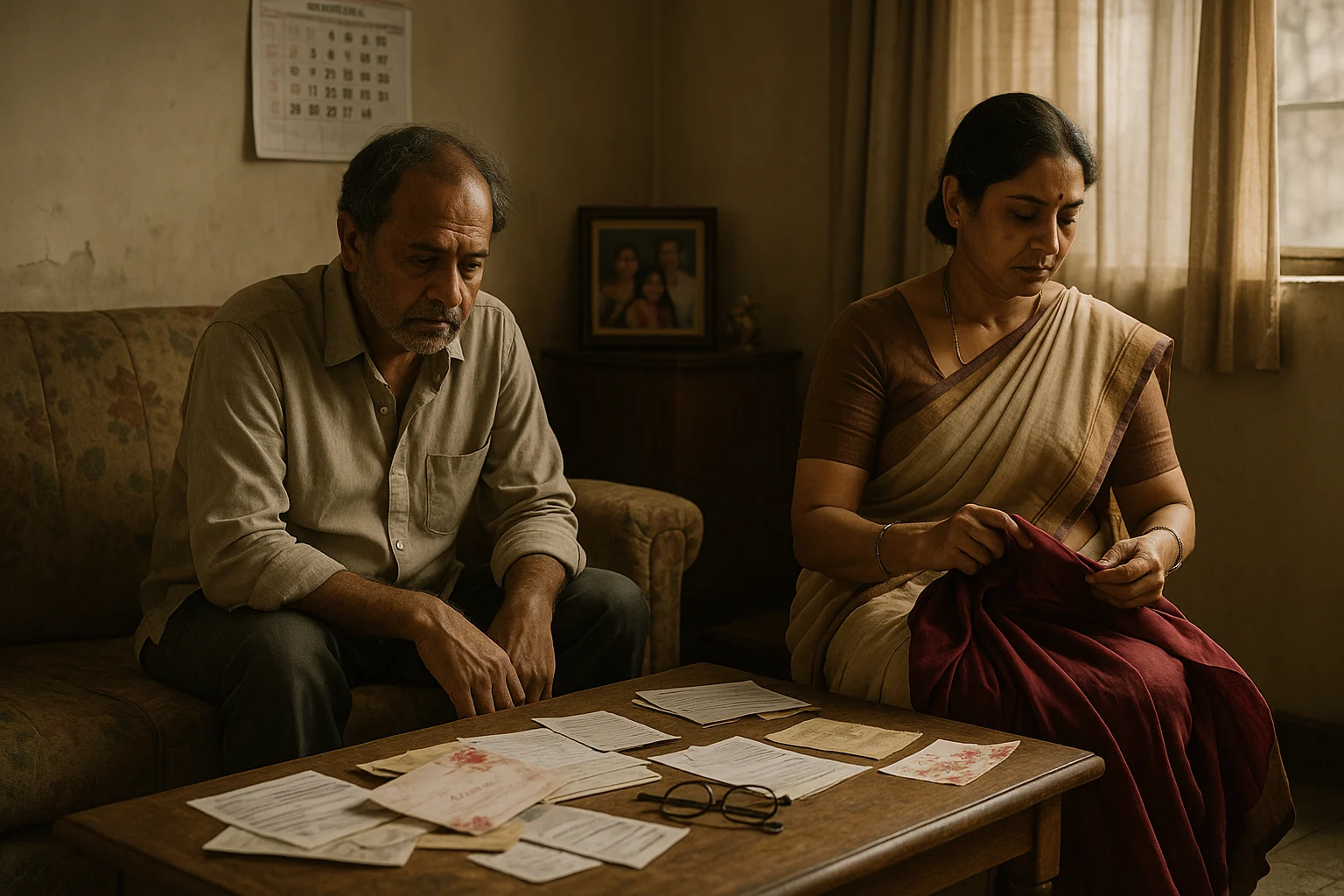
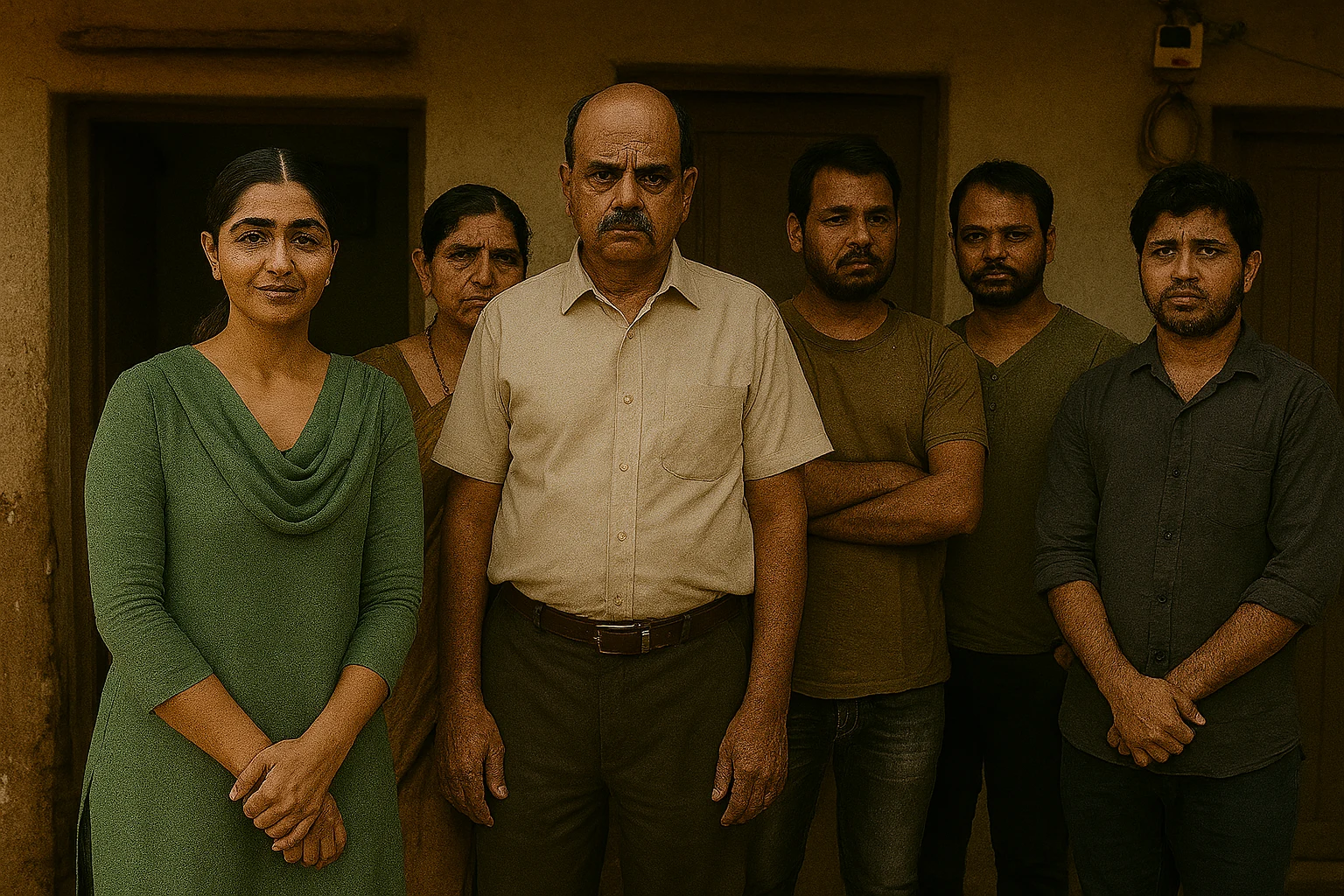
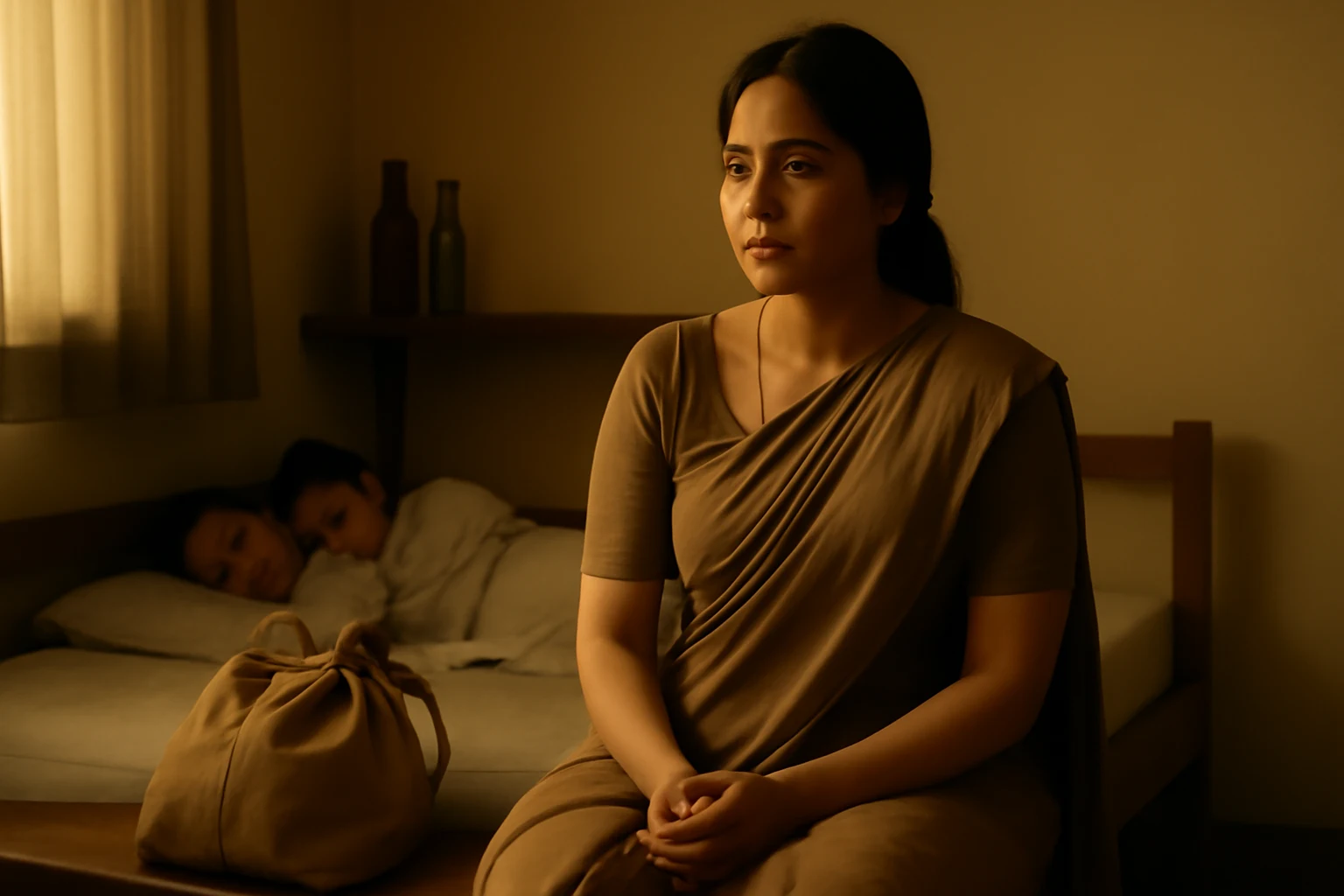
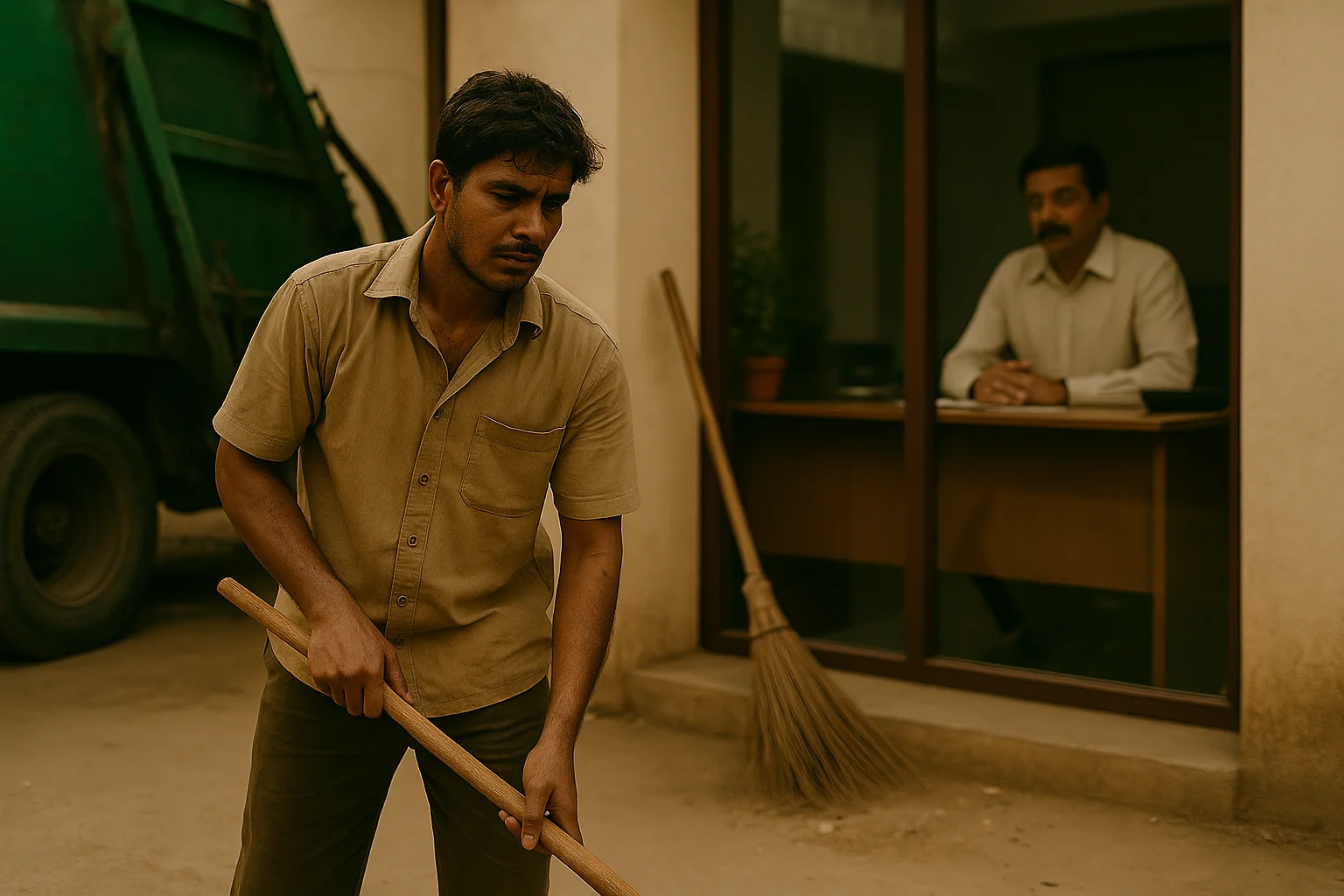
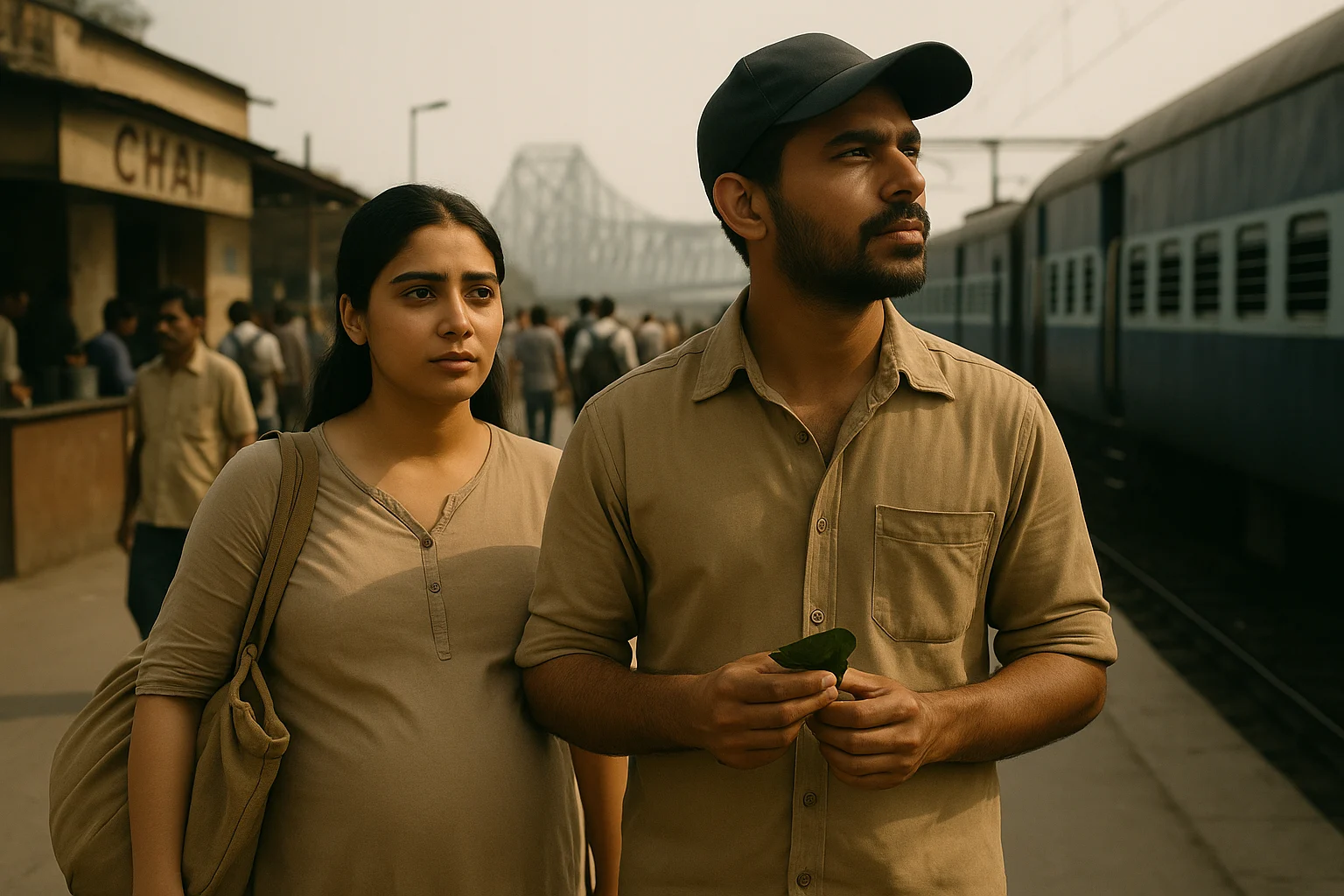
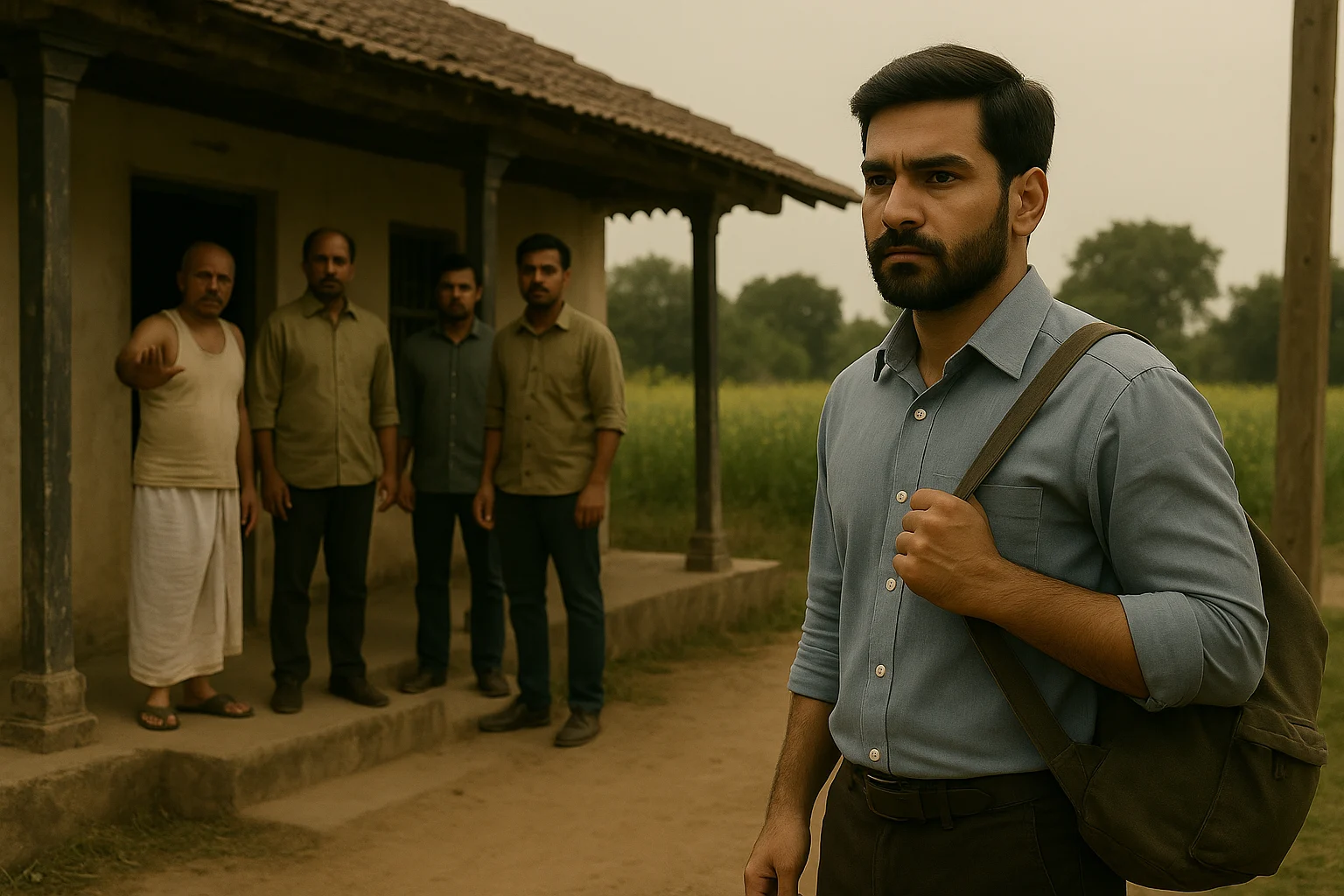
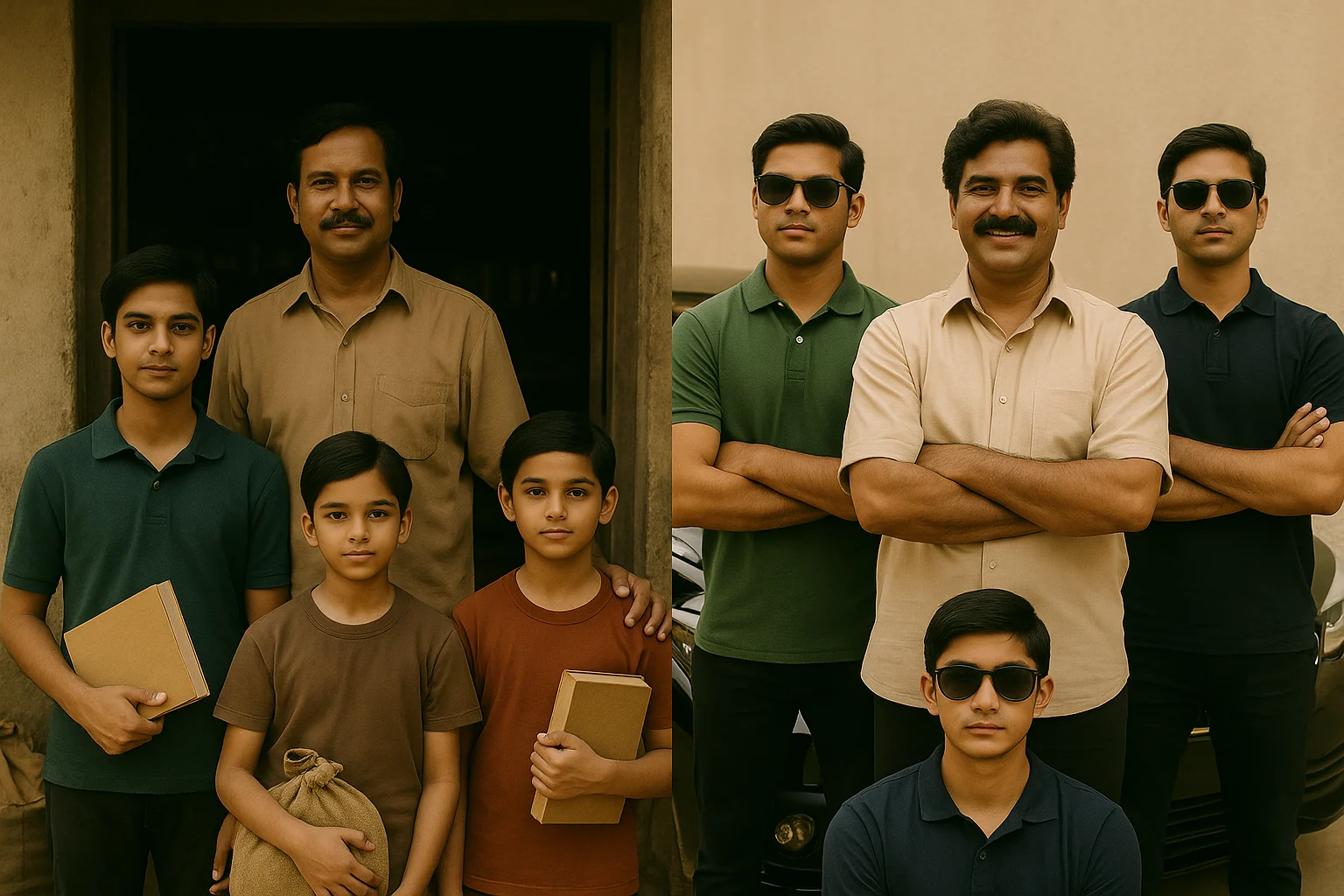
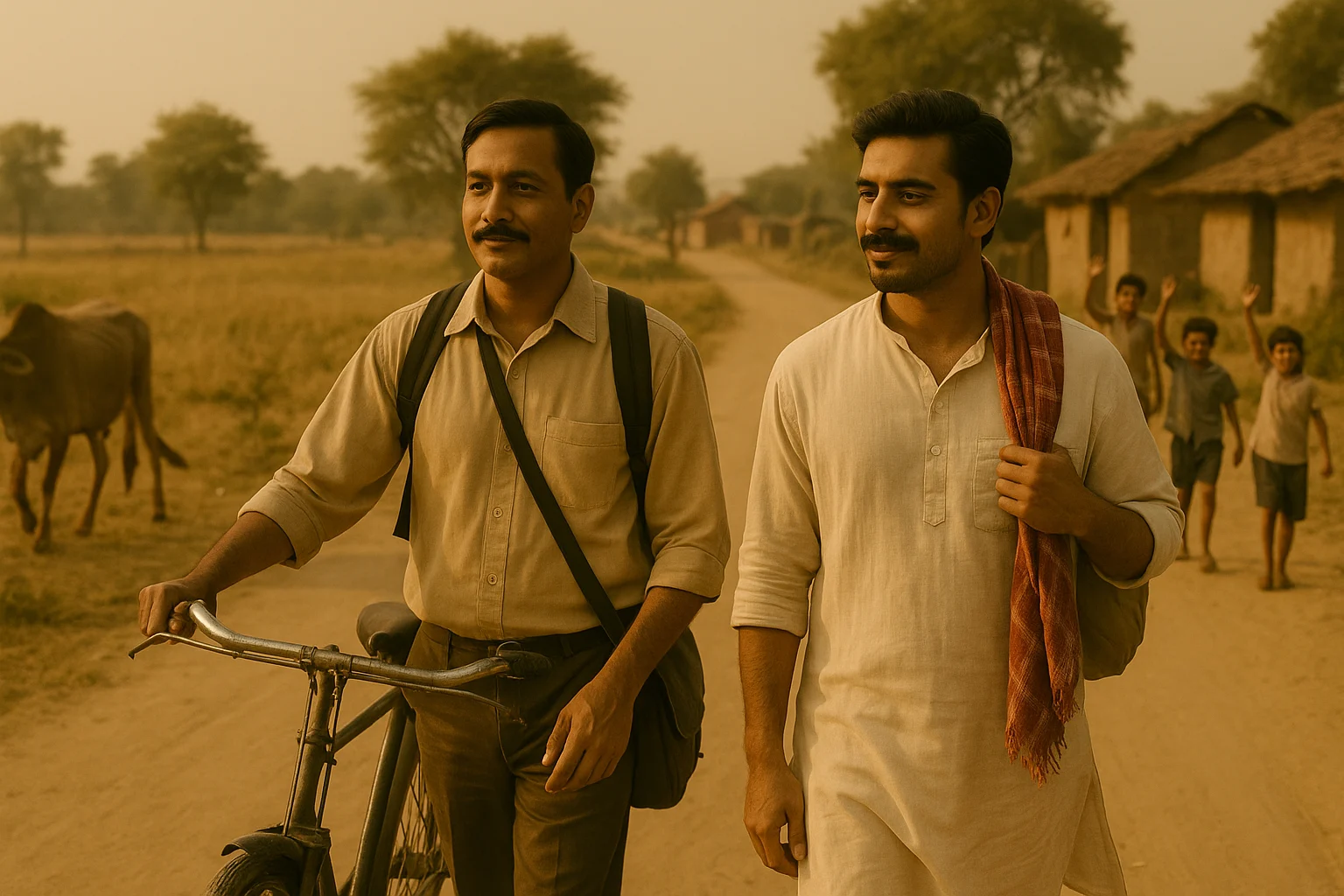
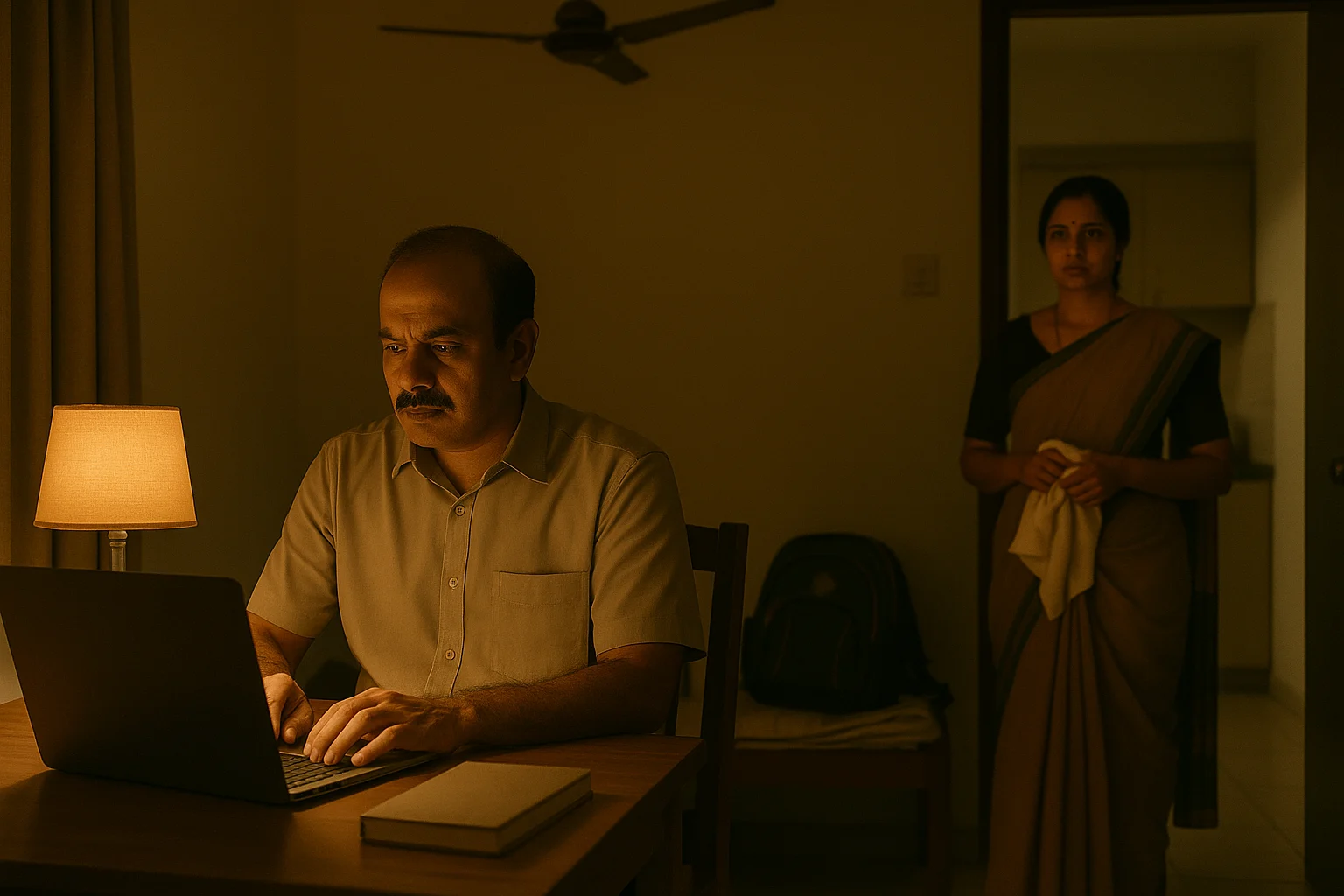
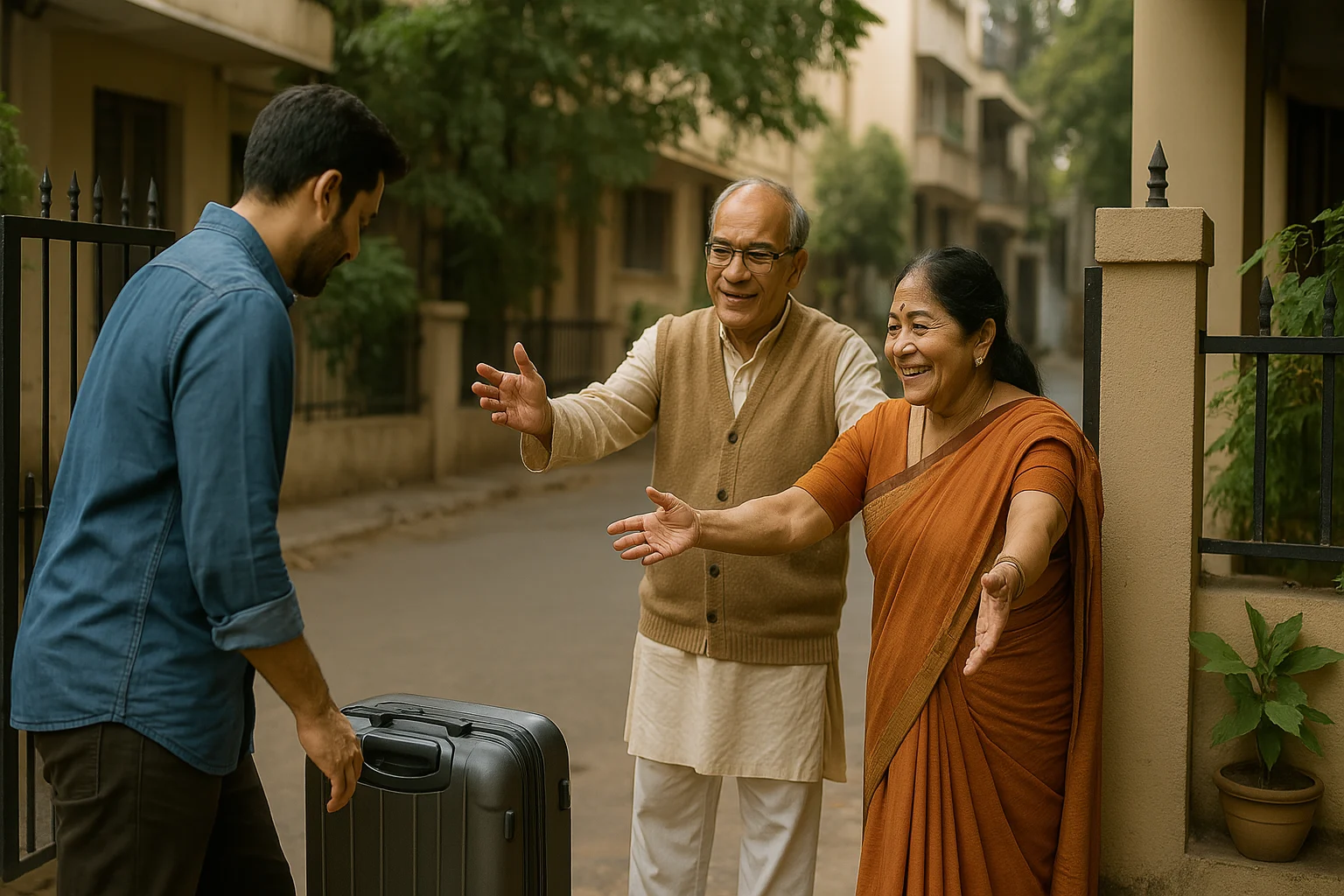

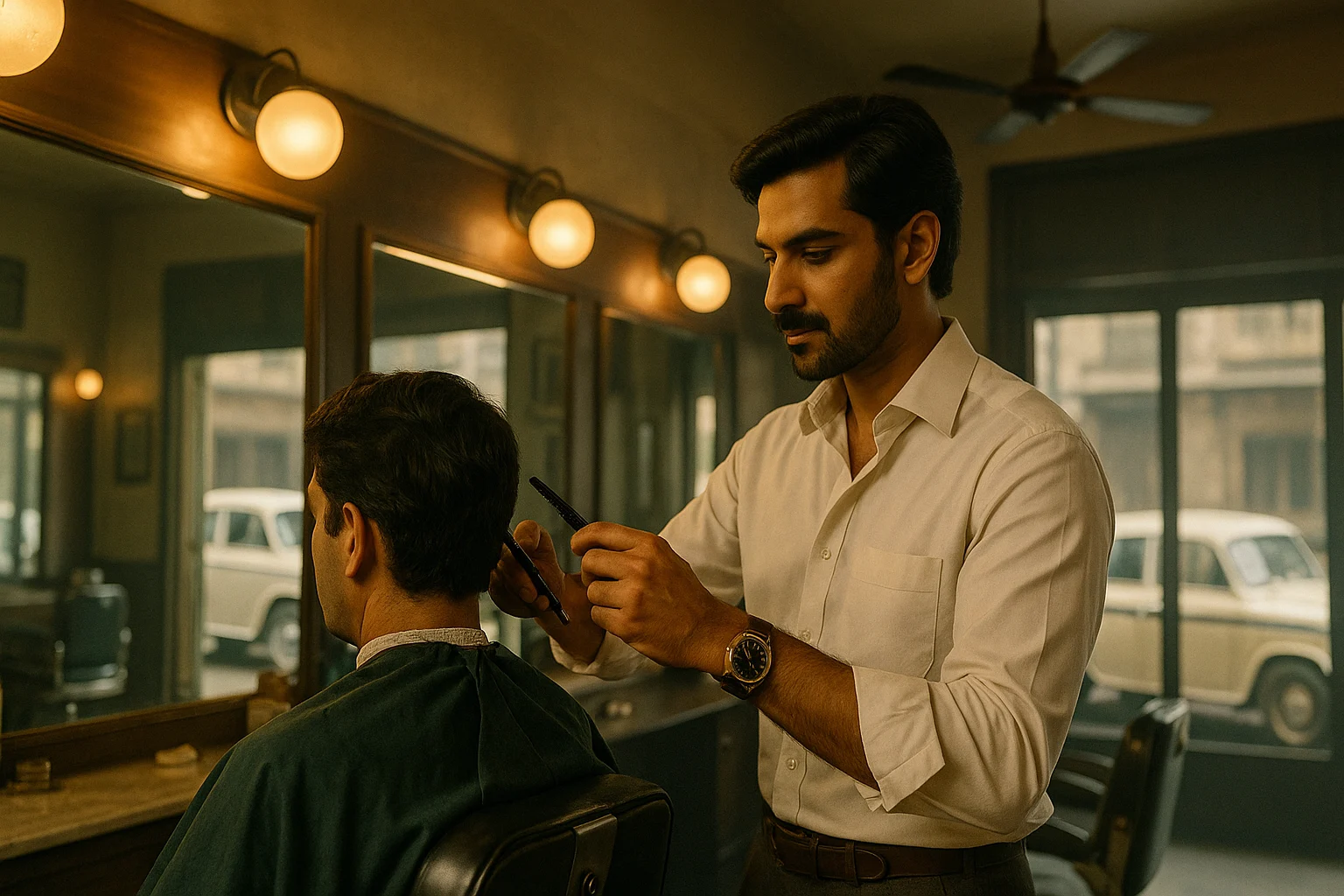





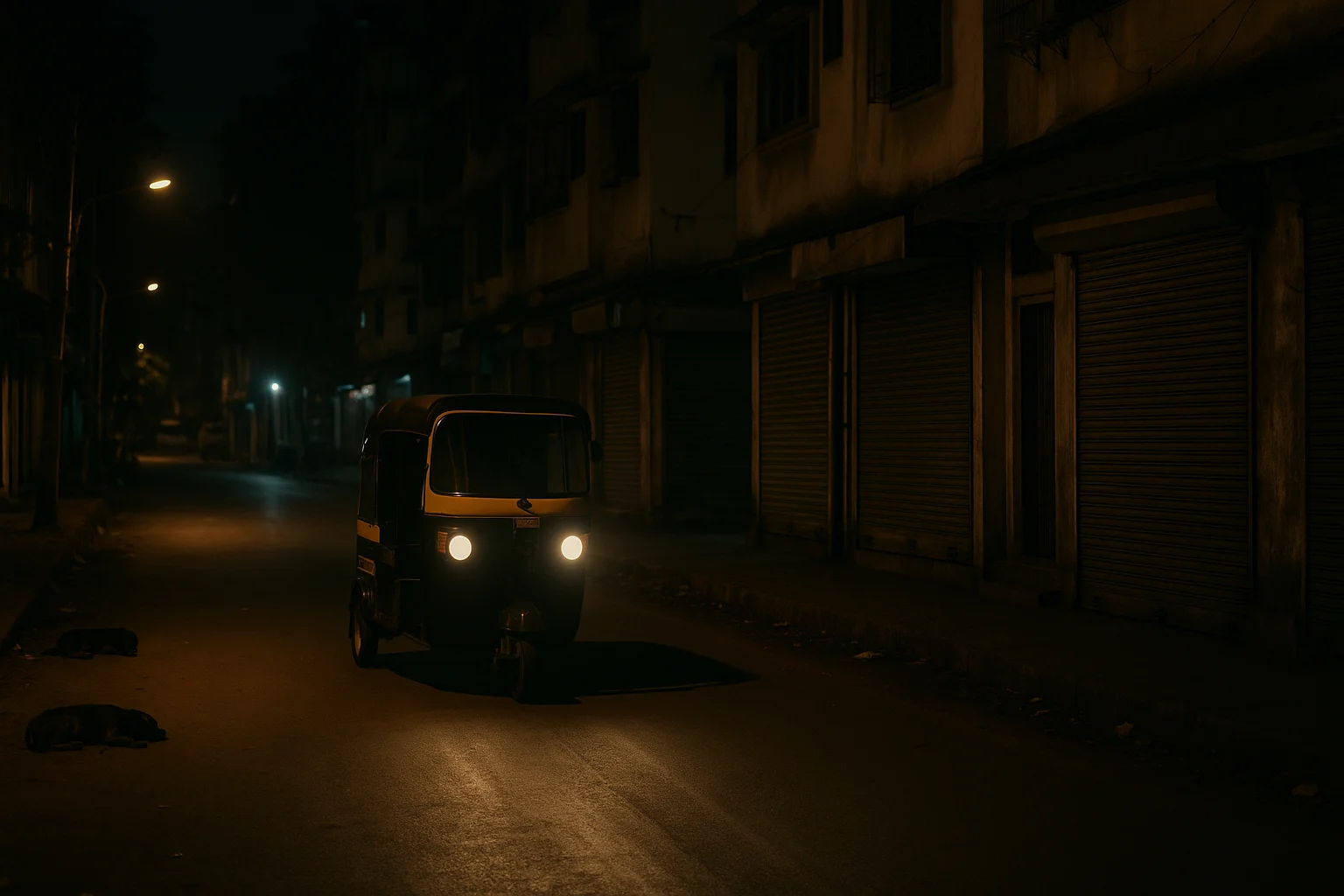
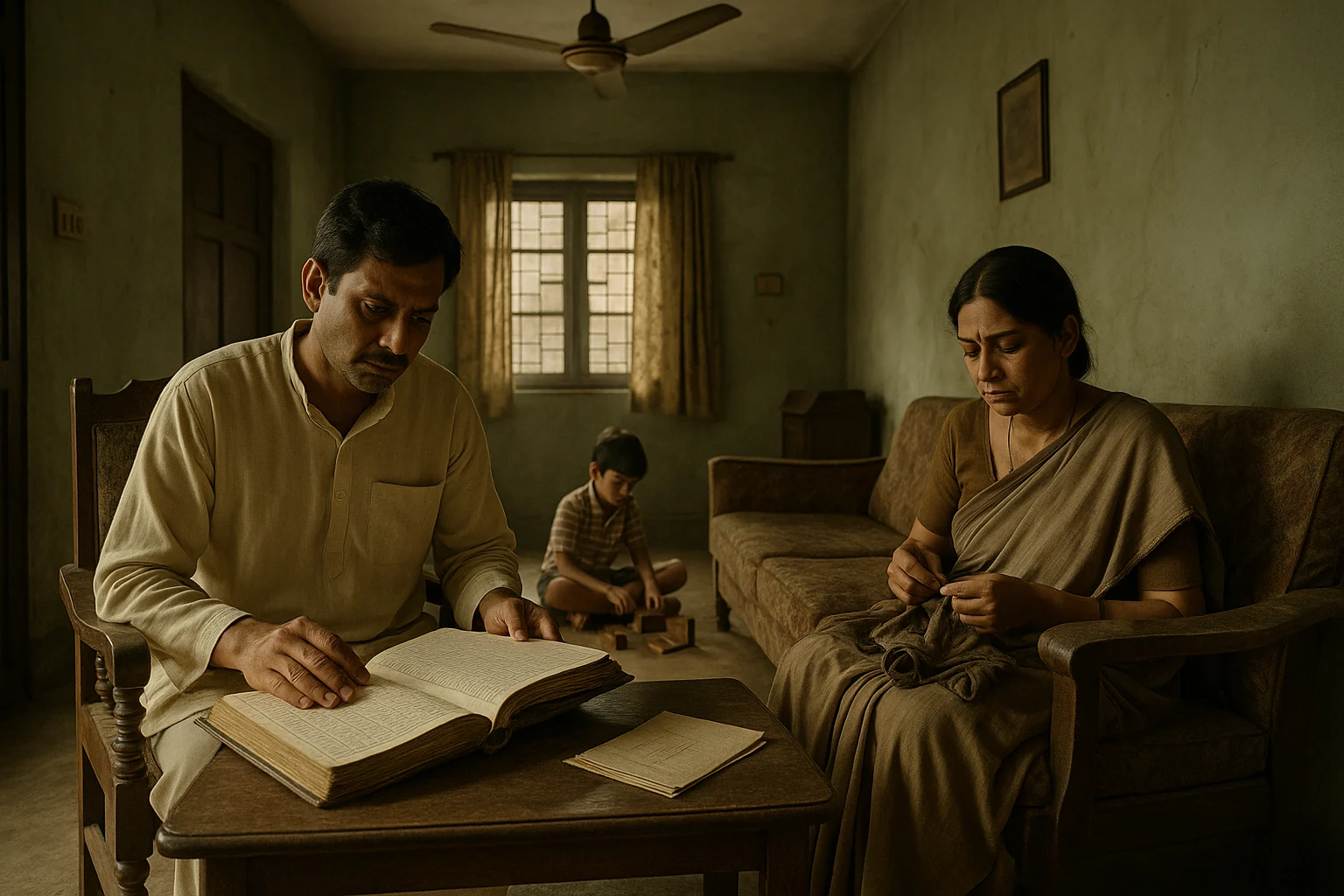
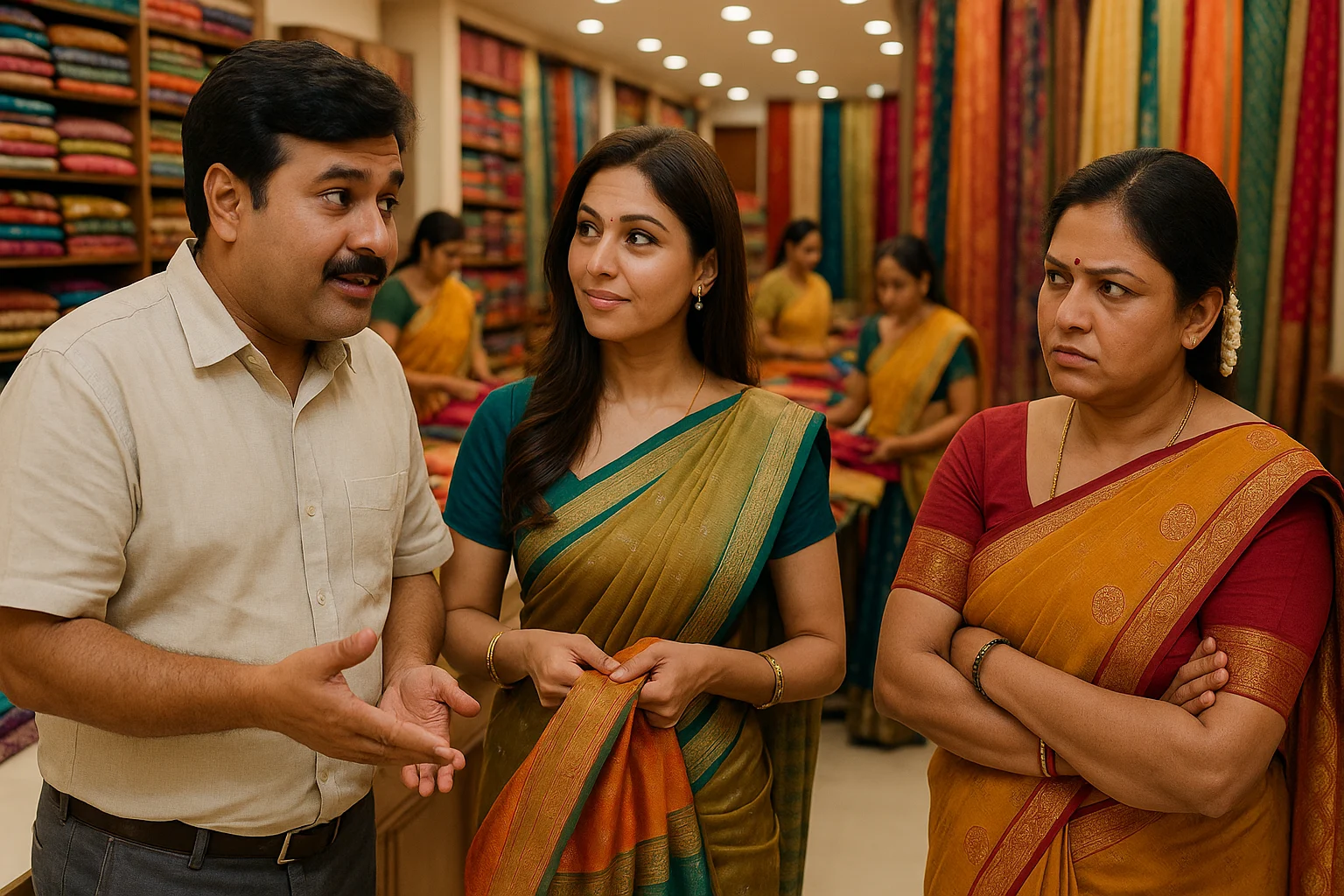
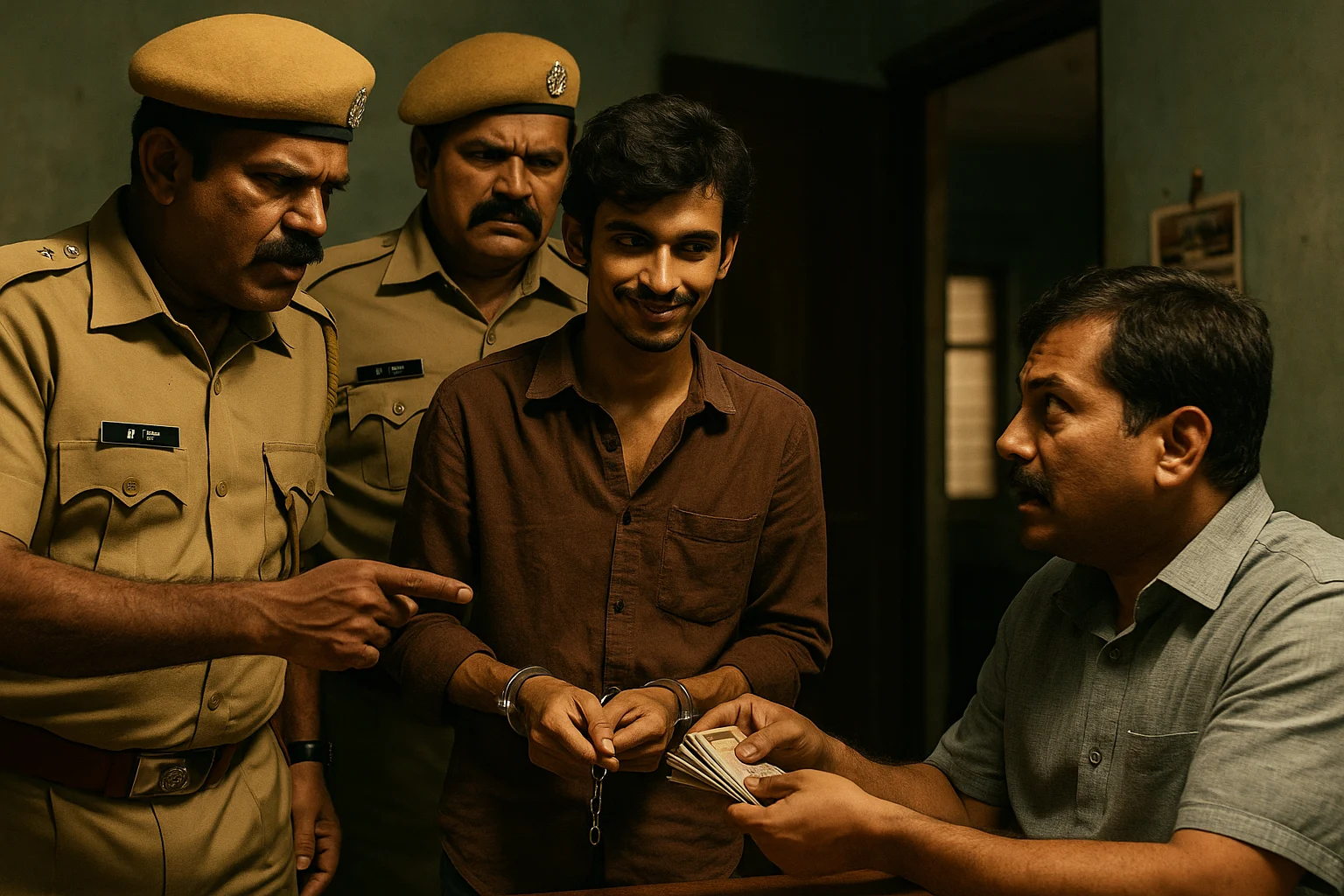


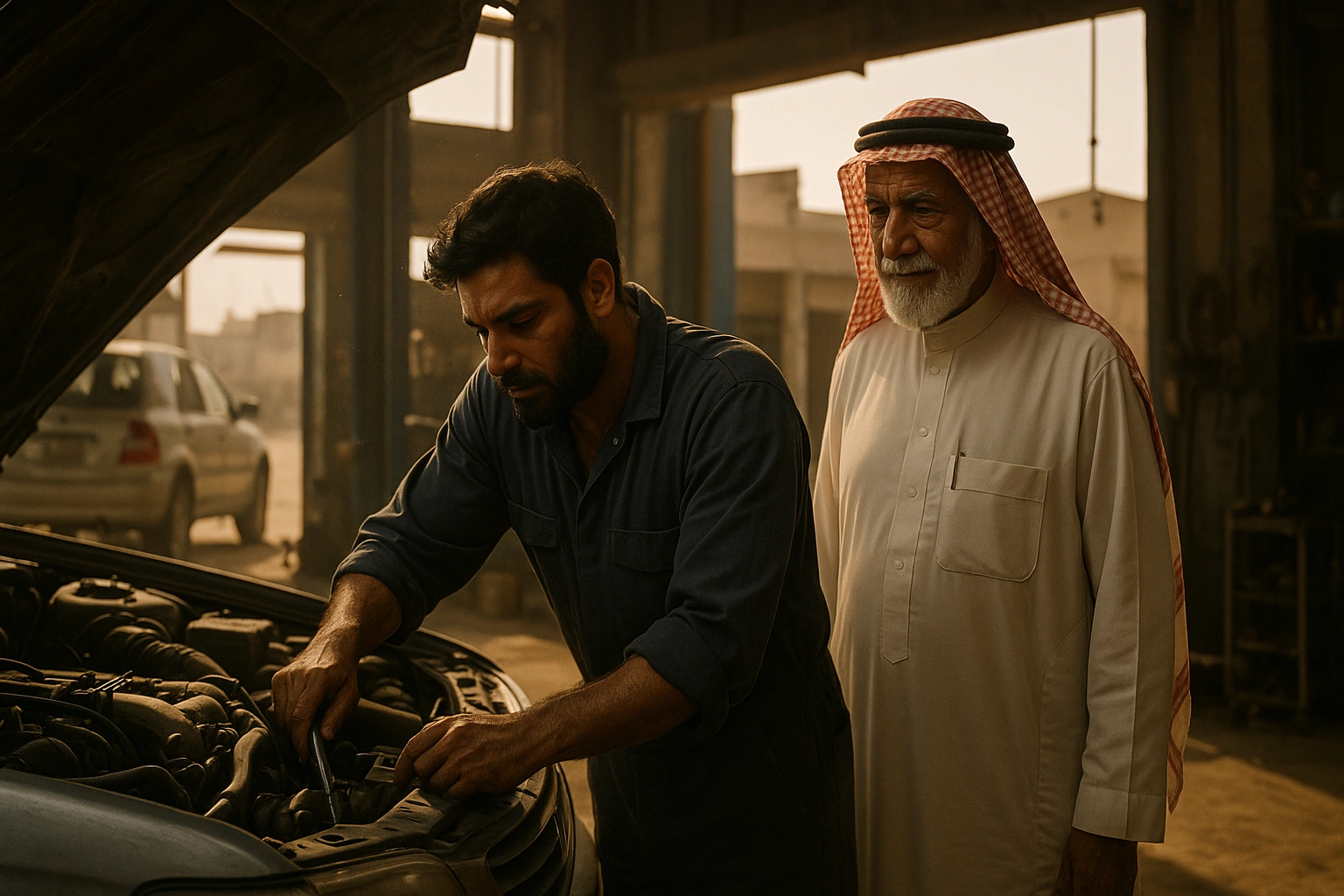

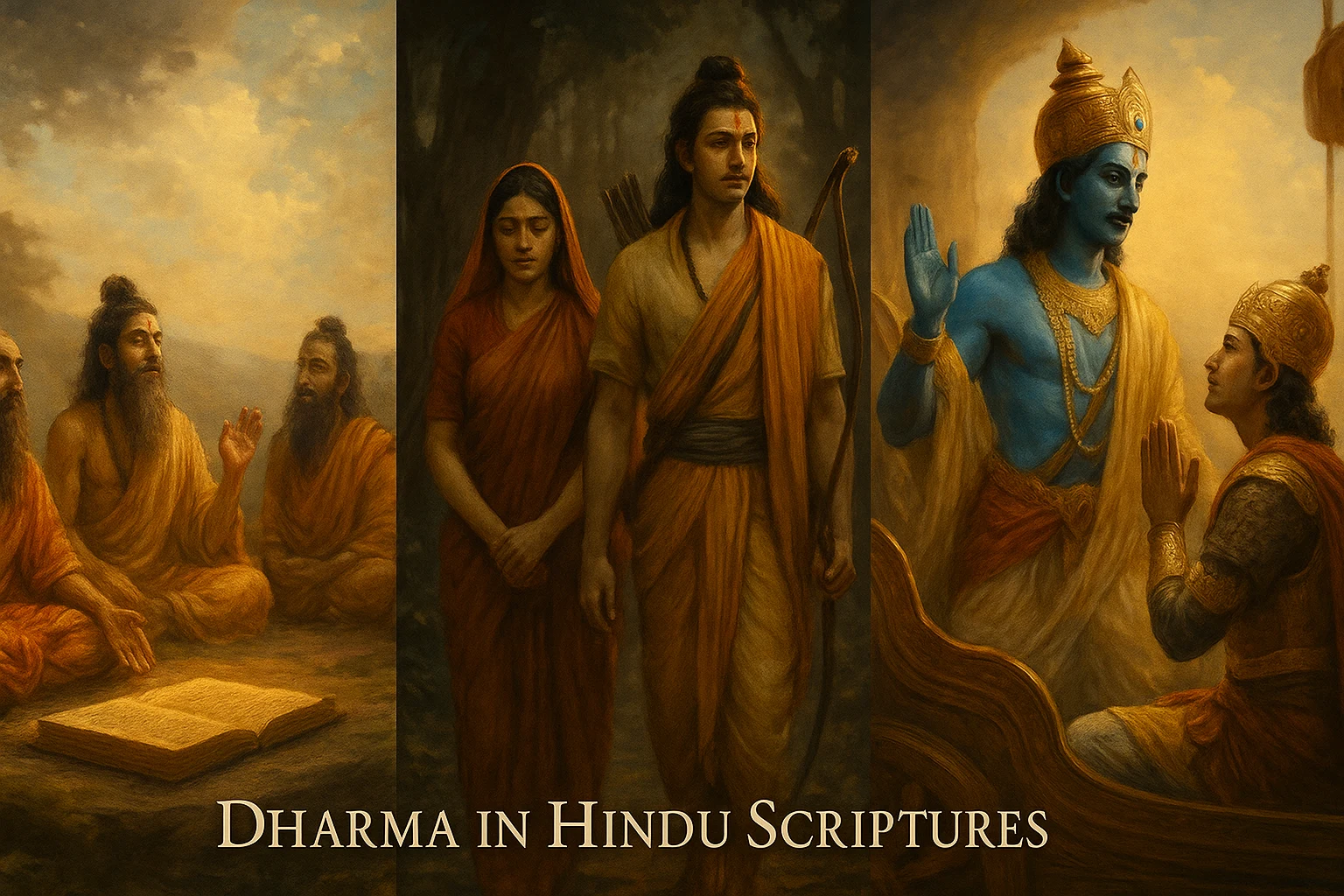

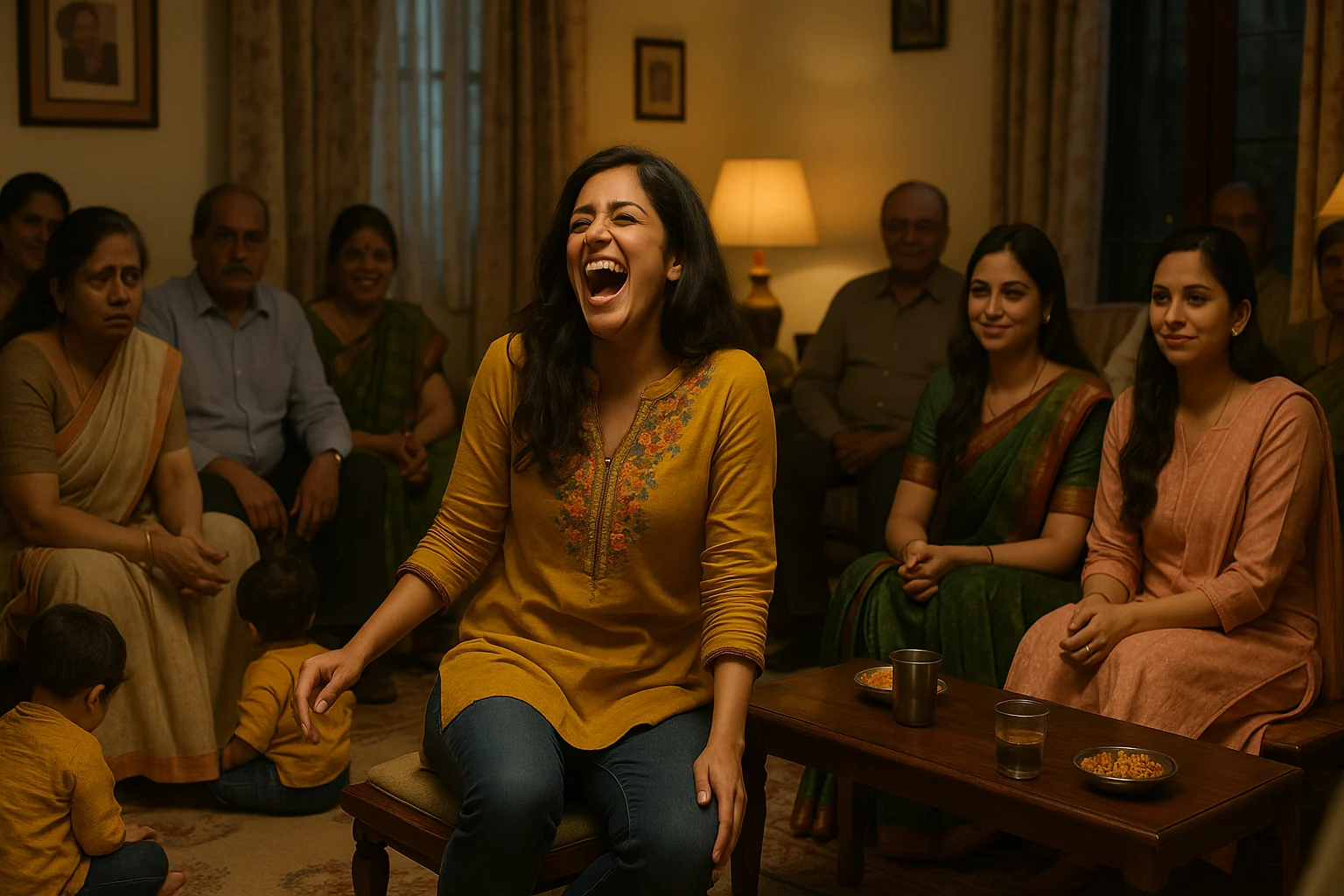

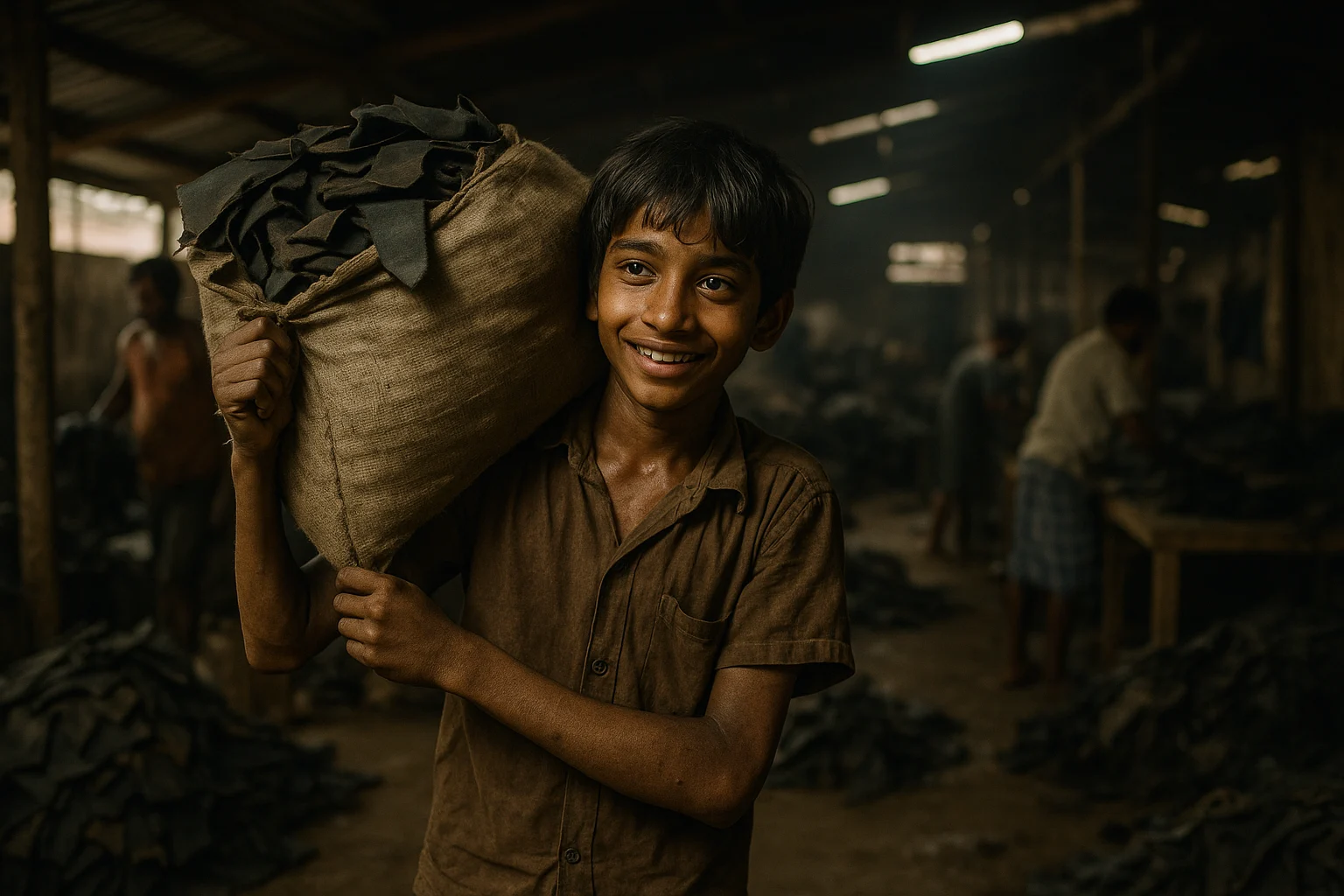







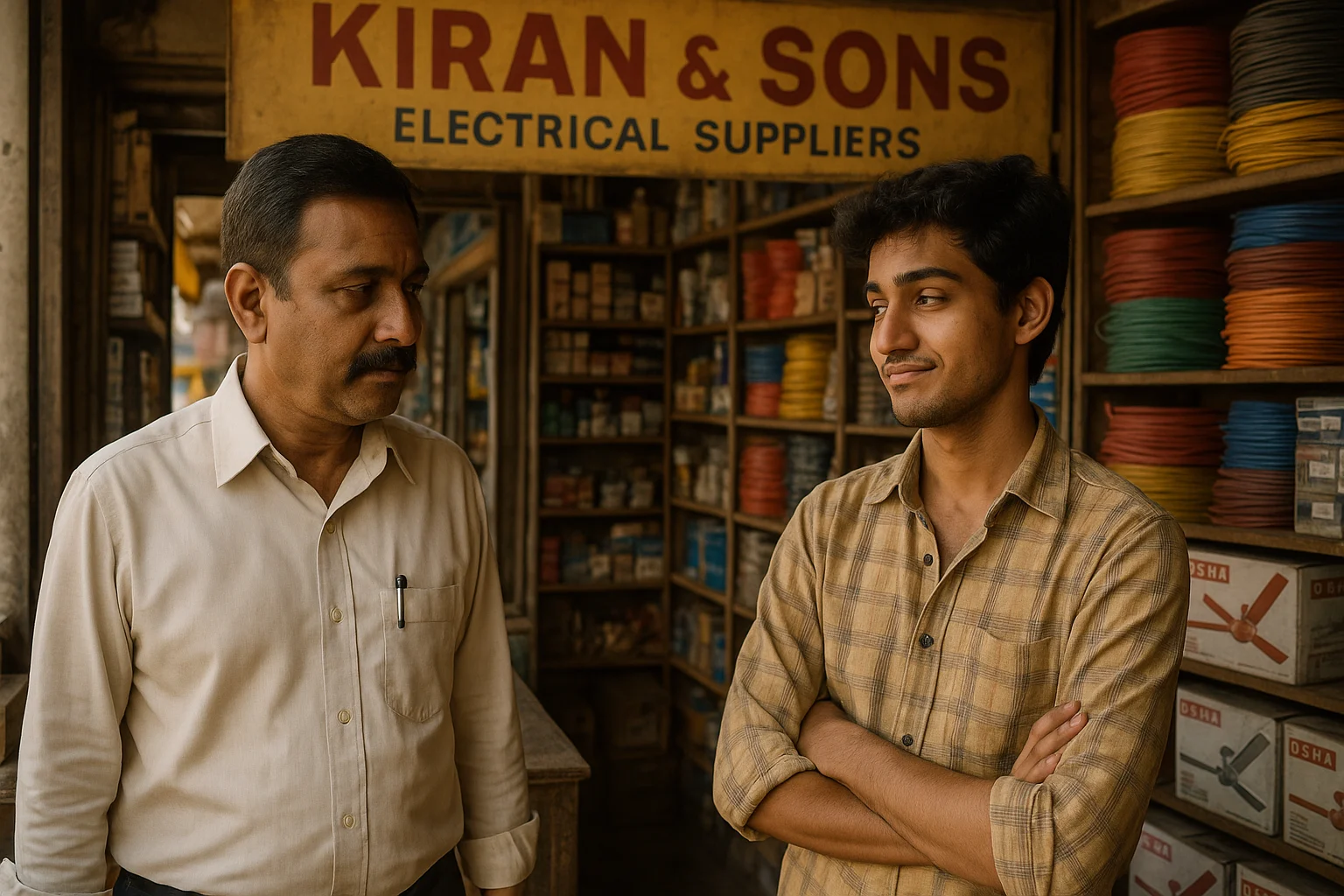


Very Nice story